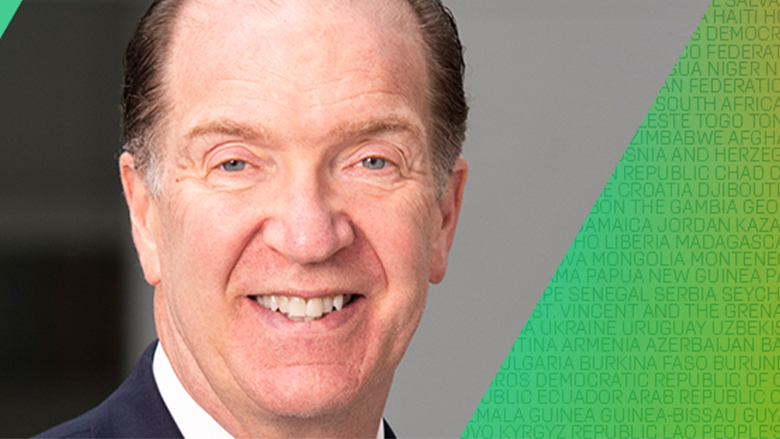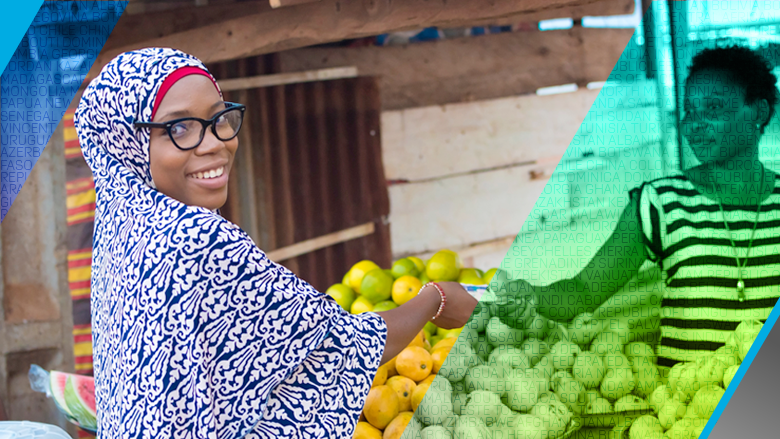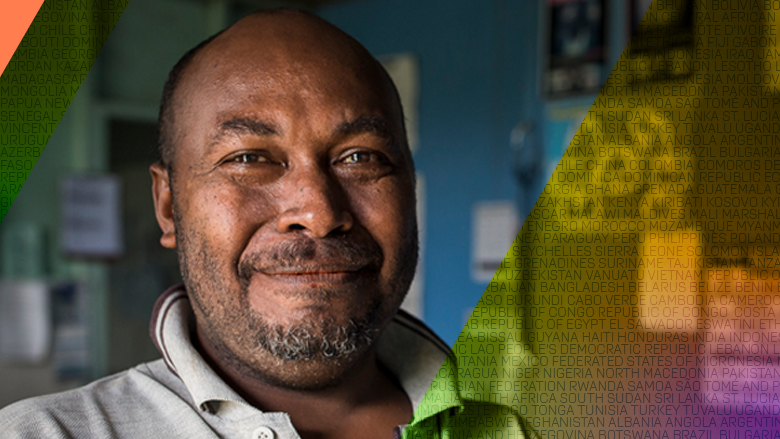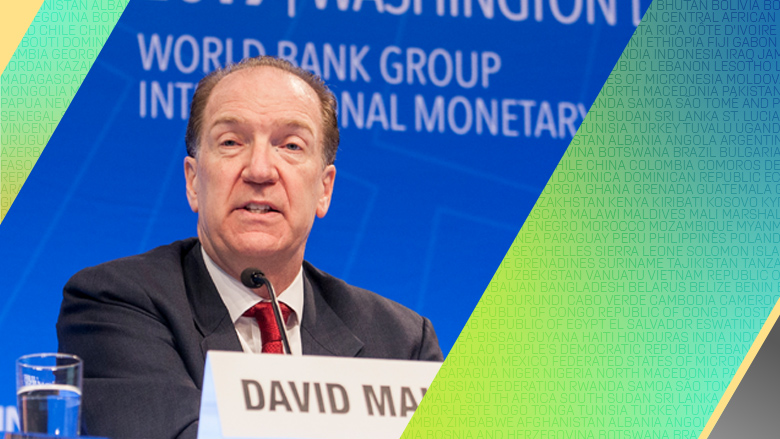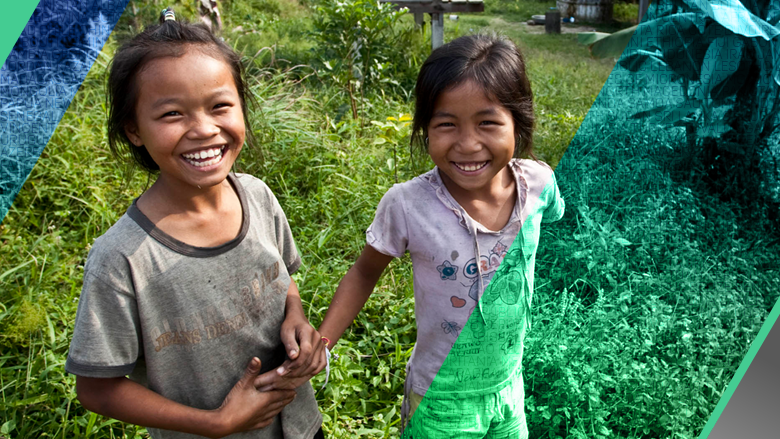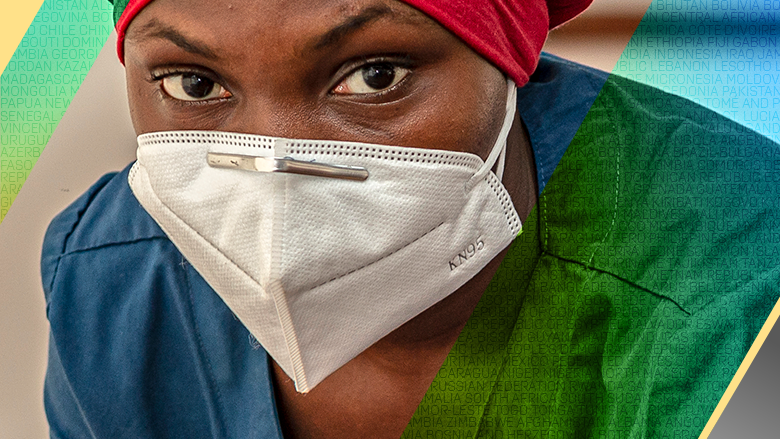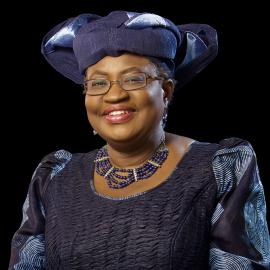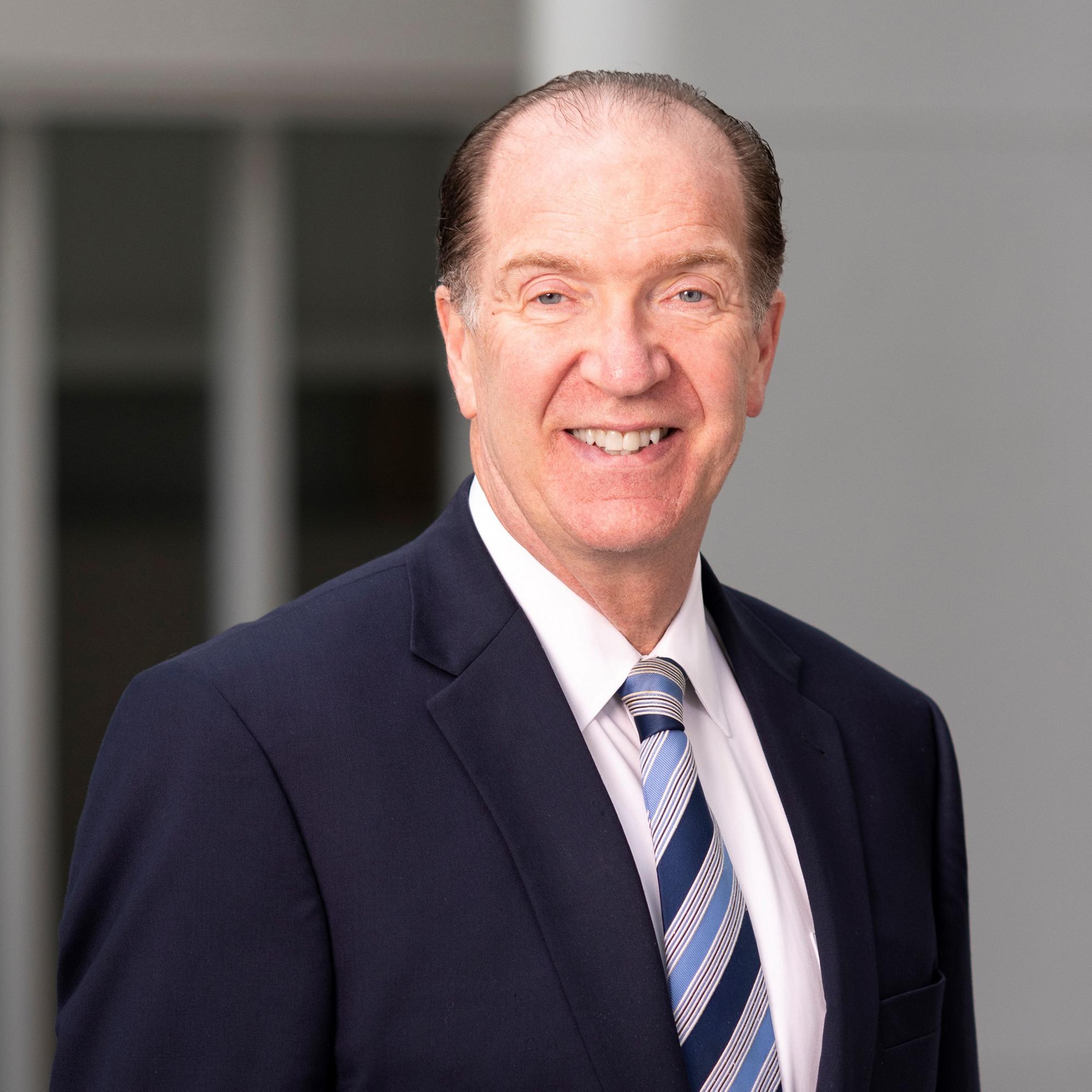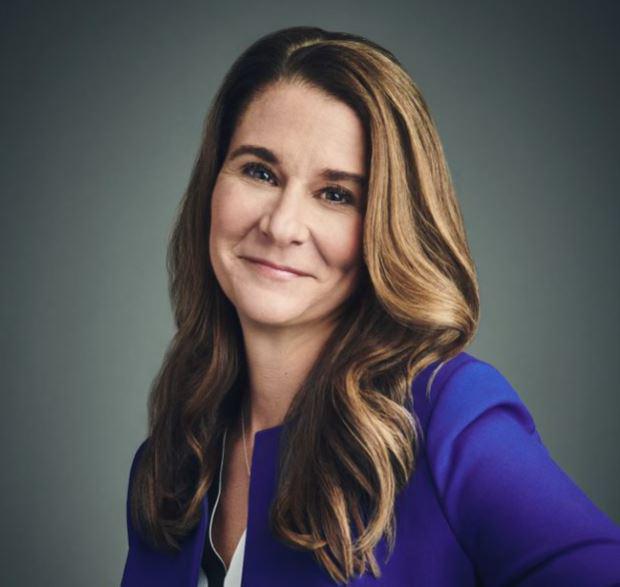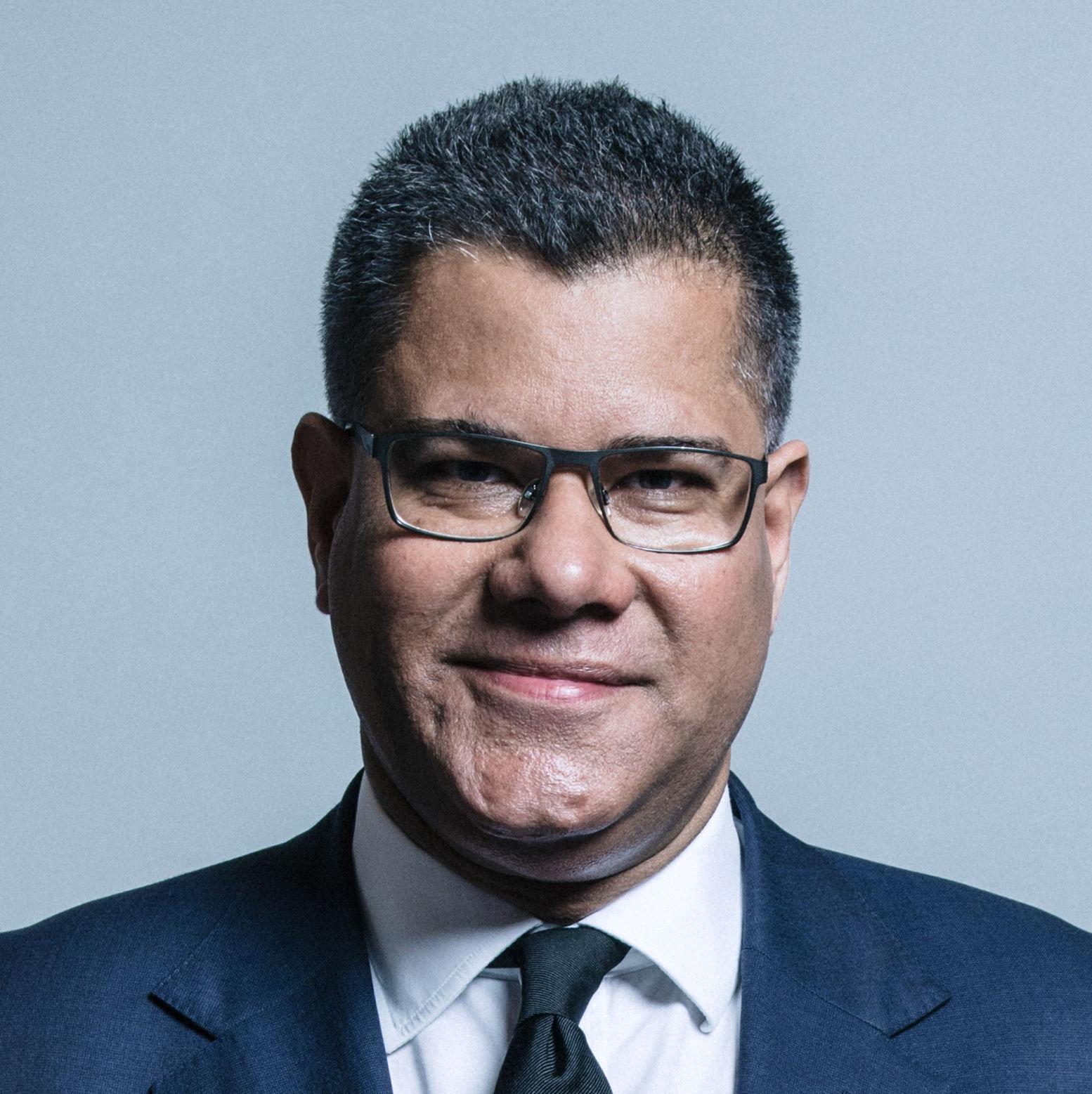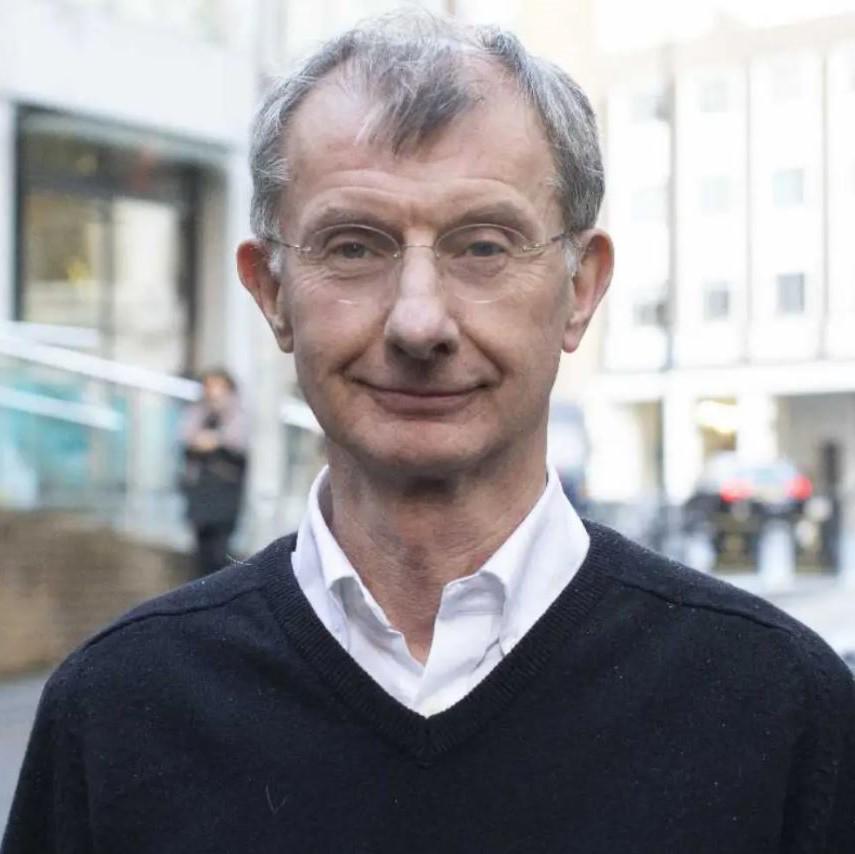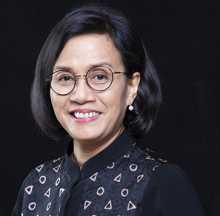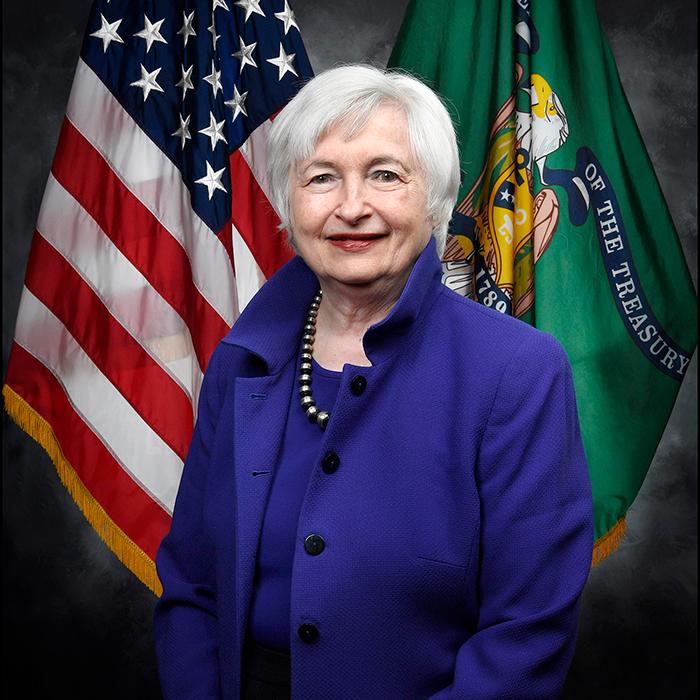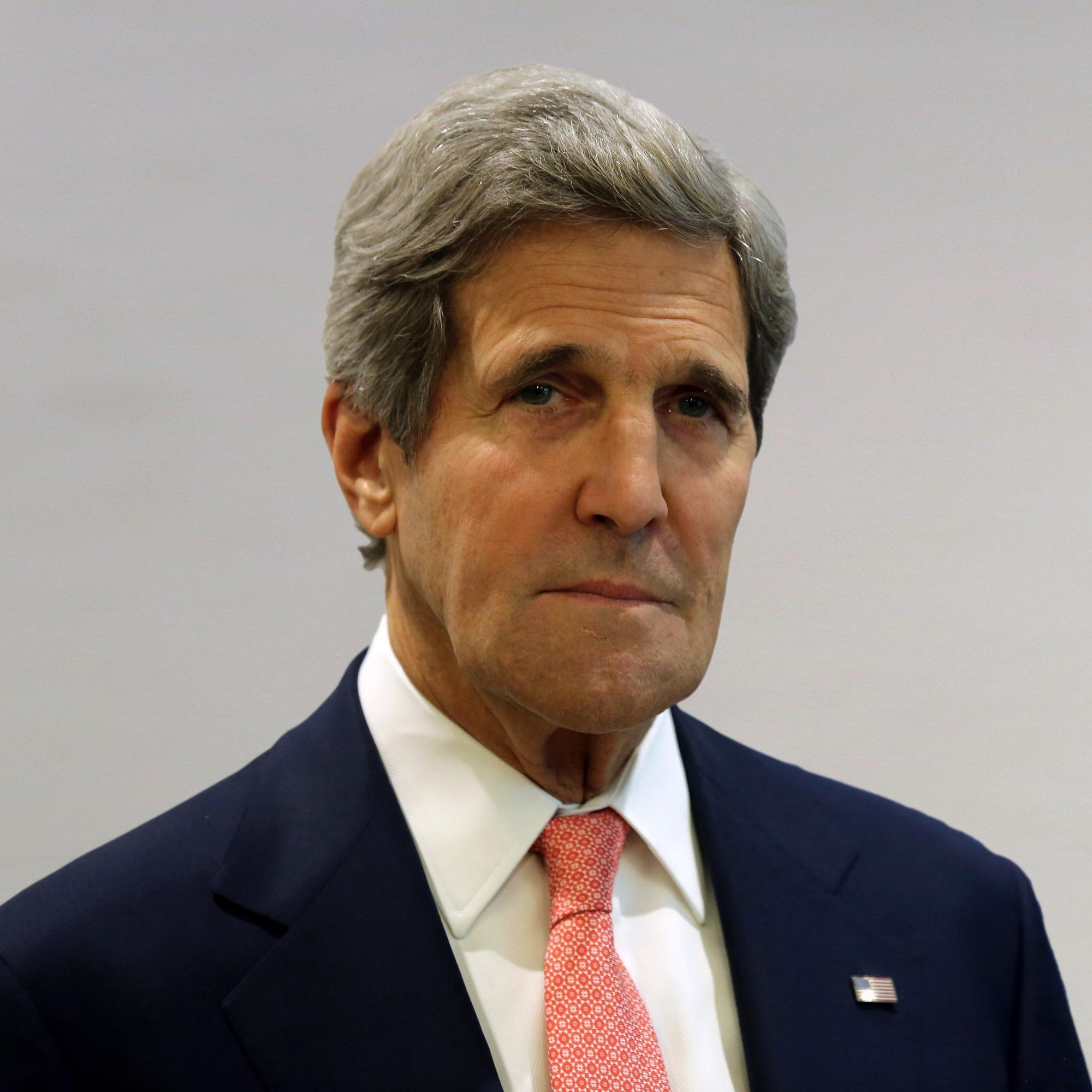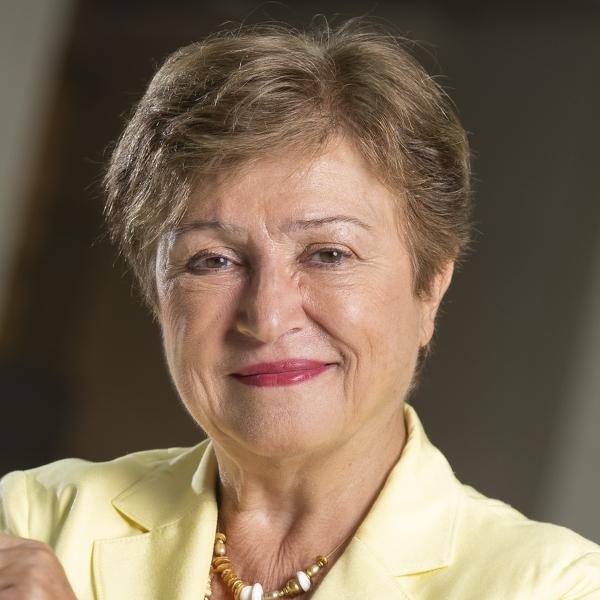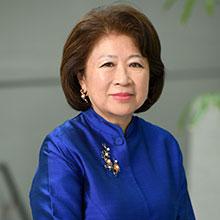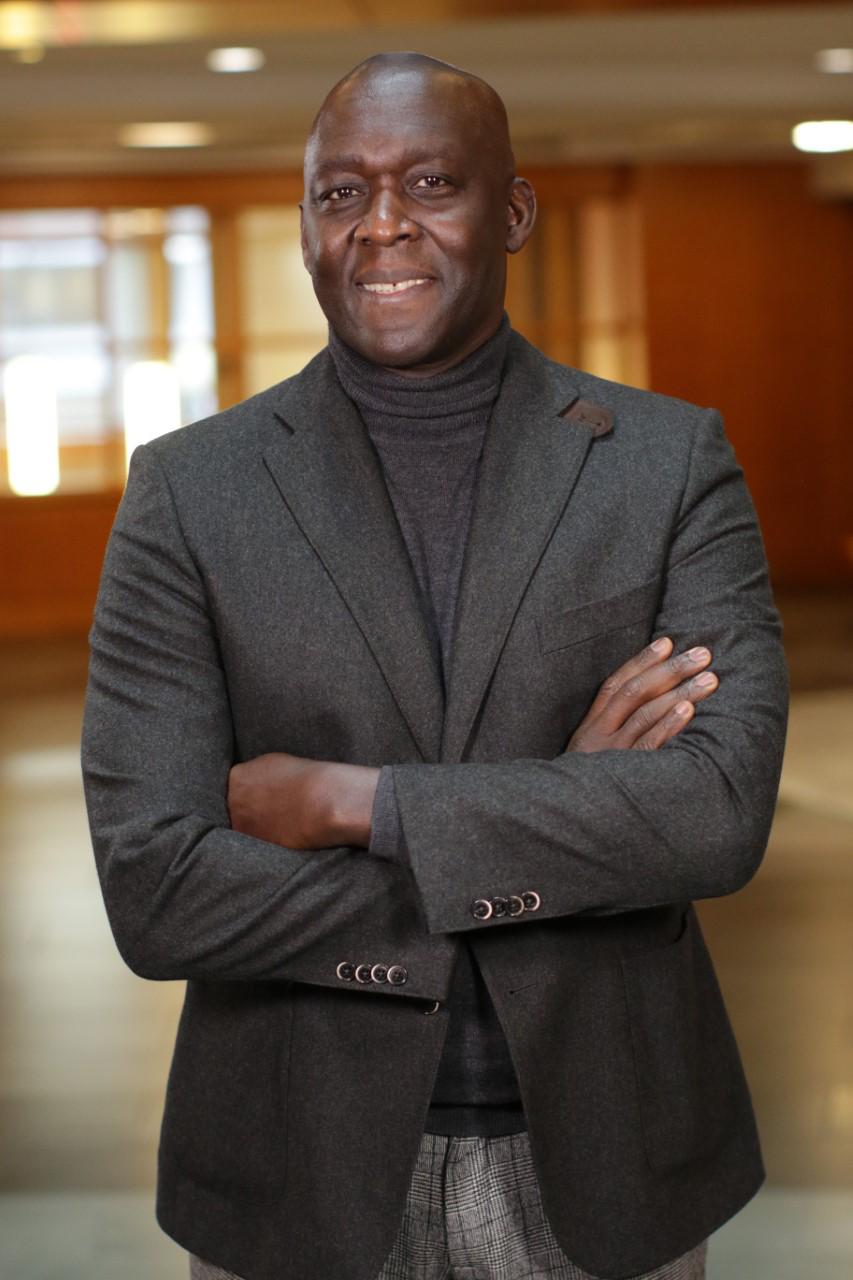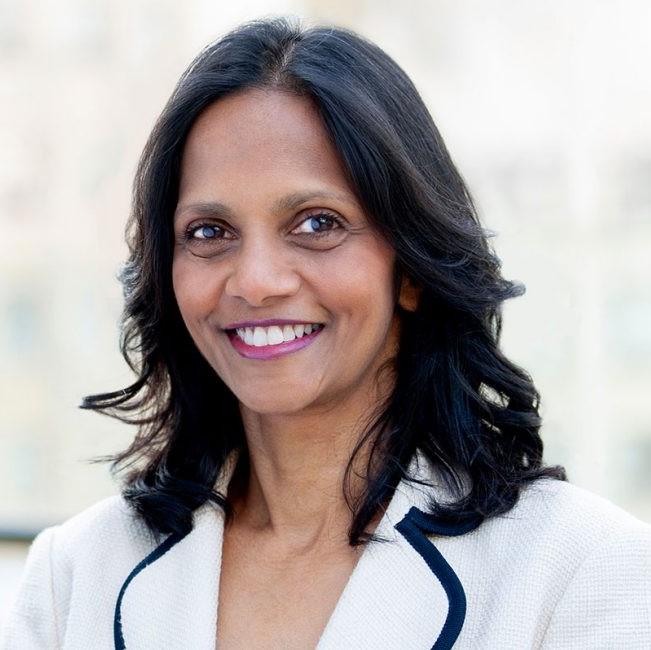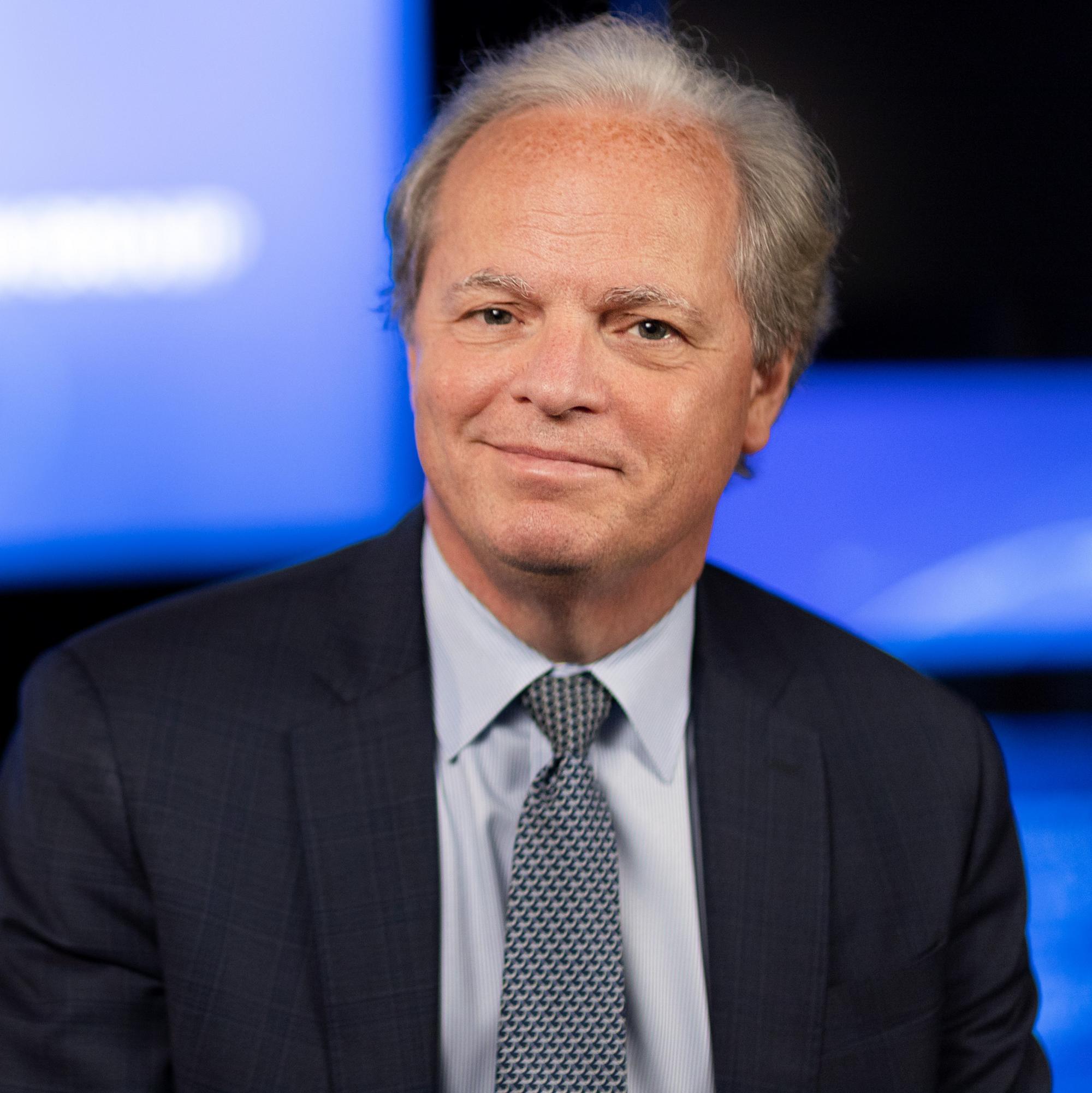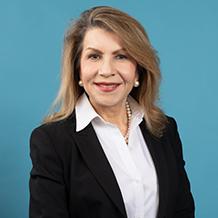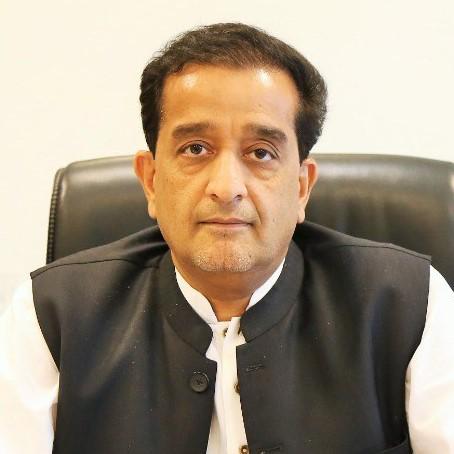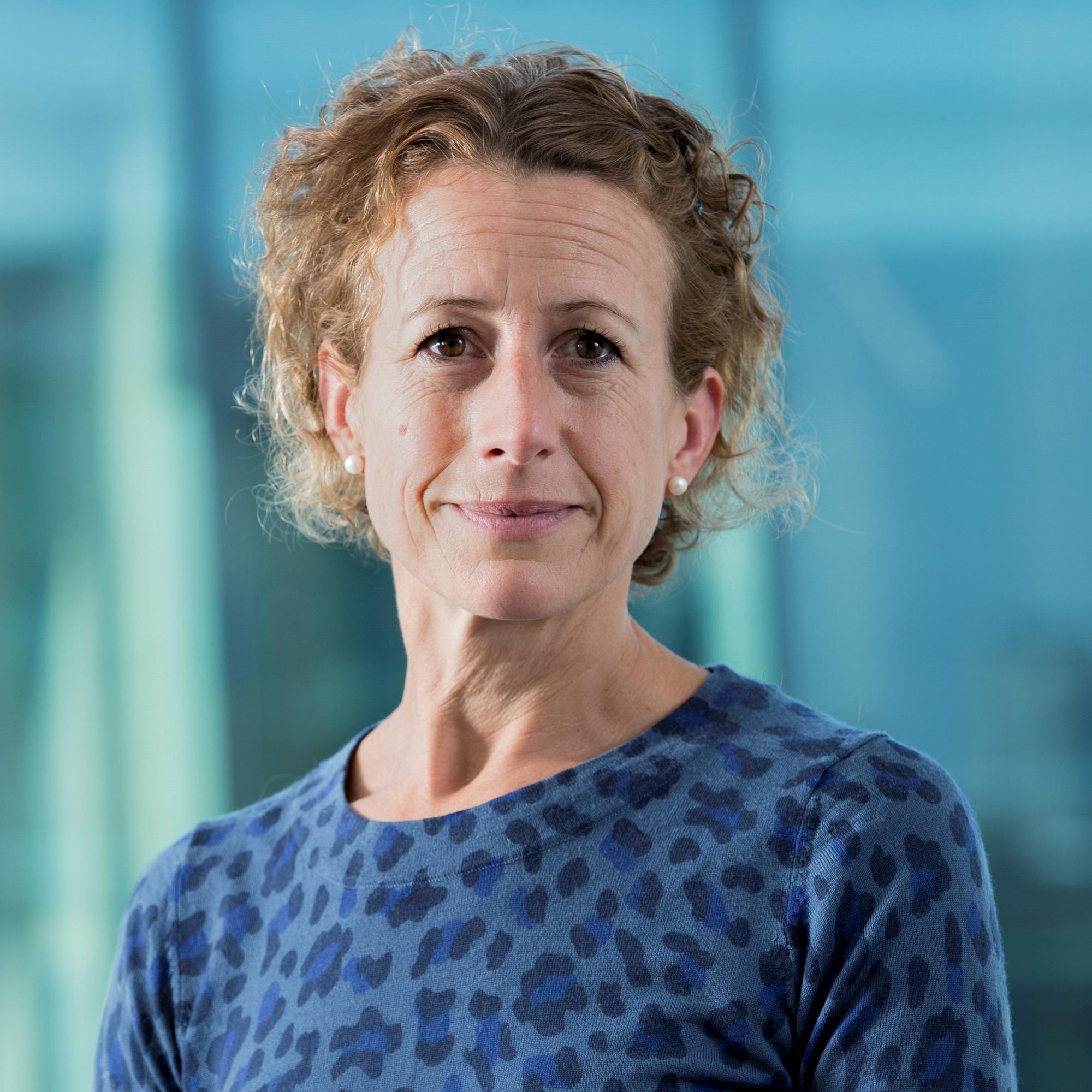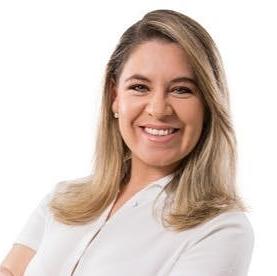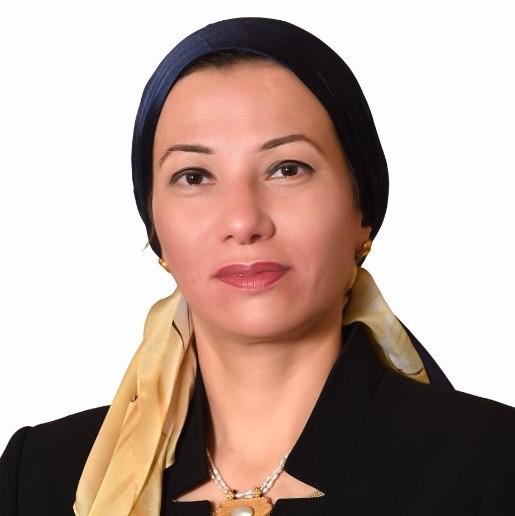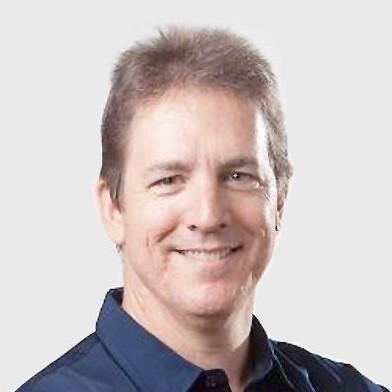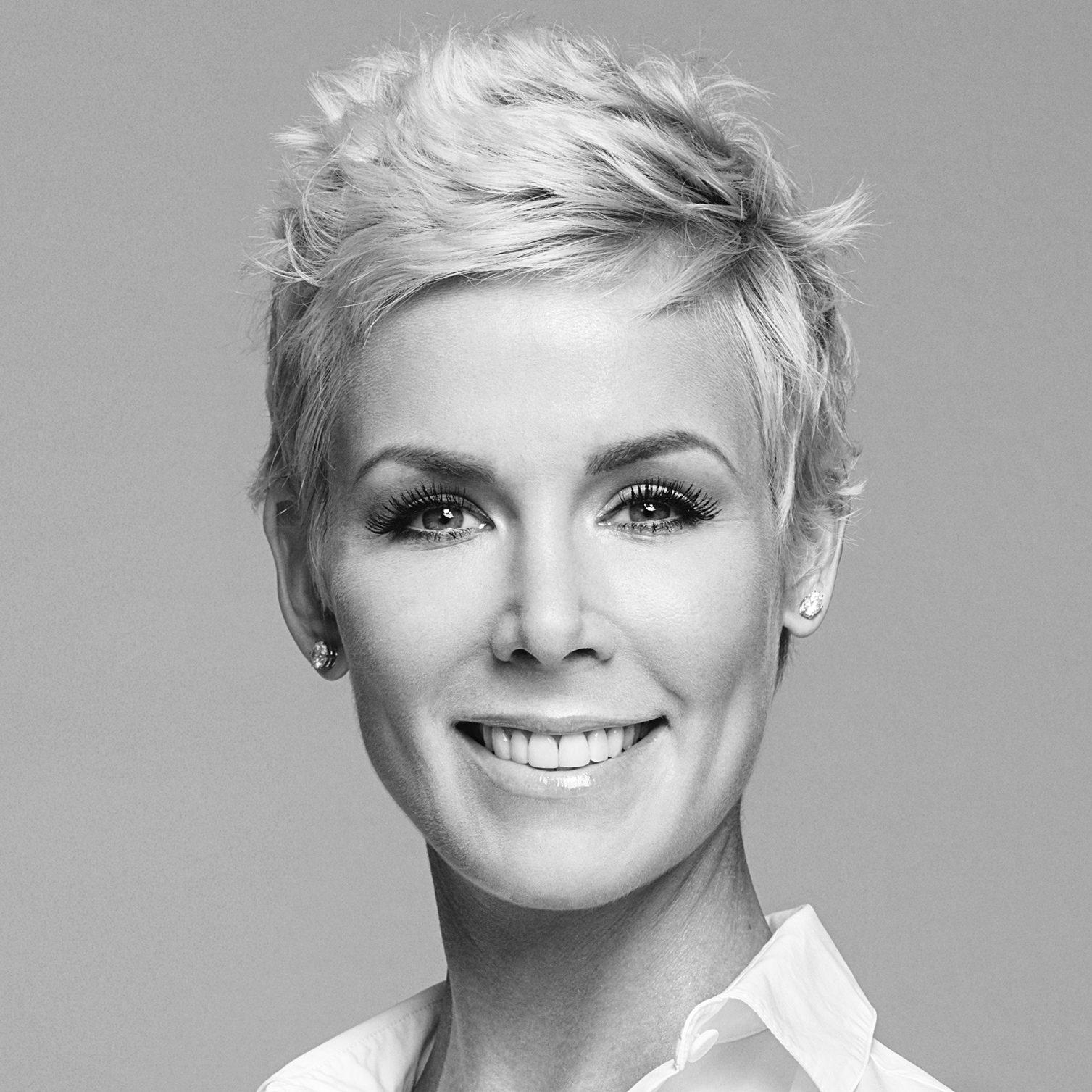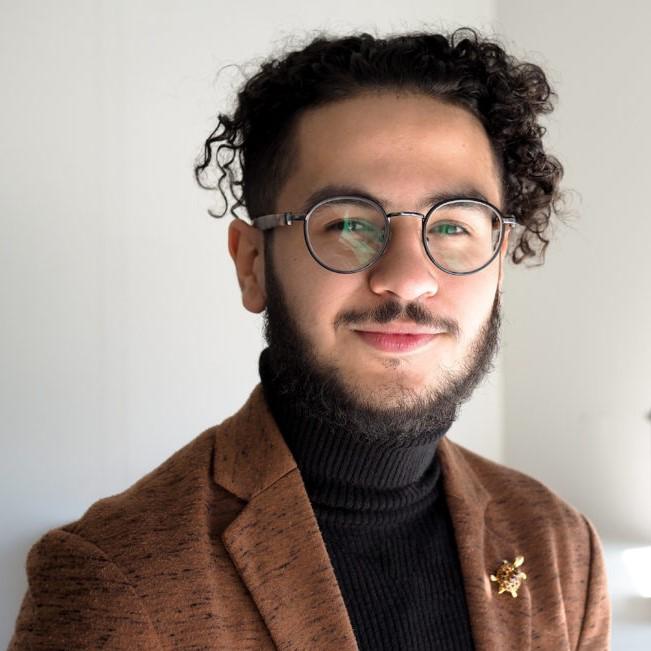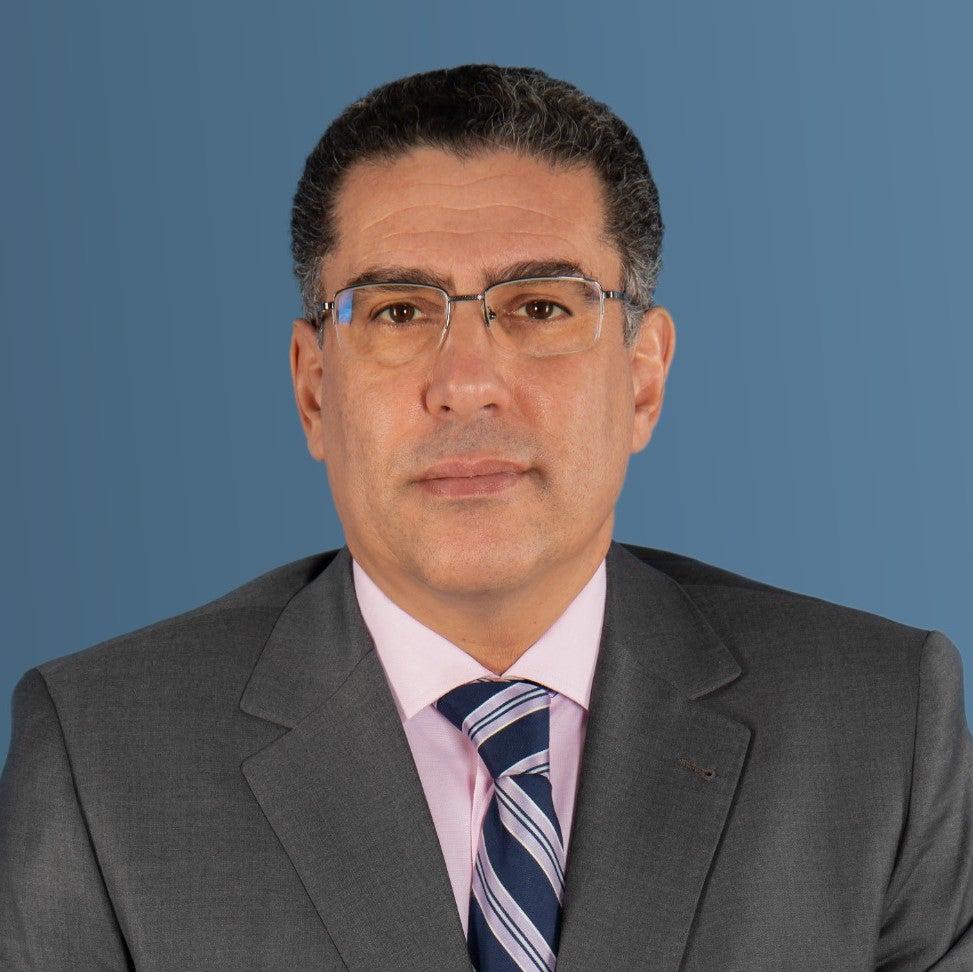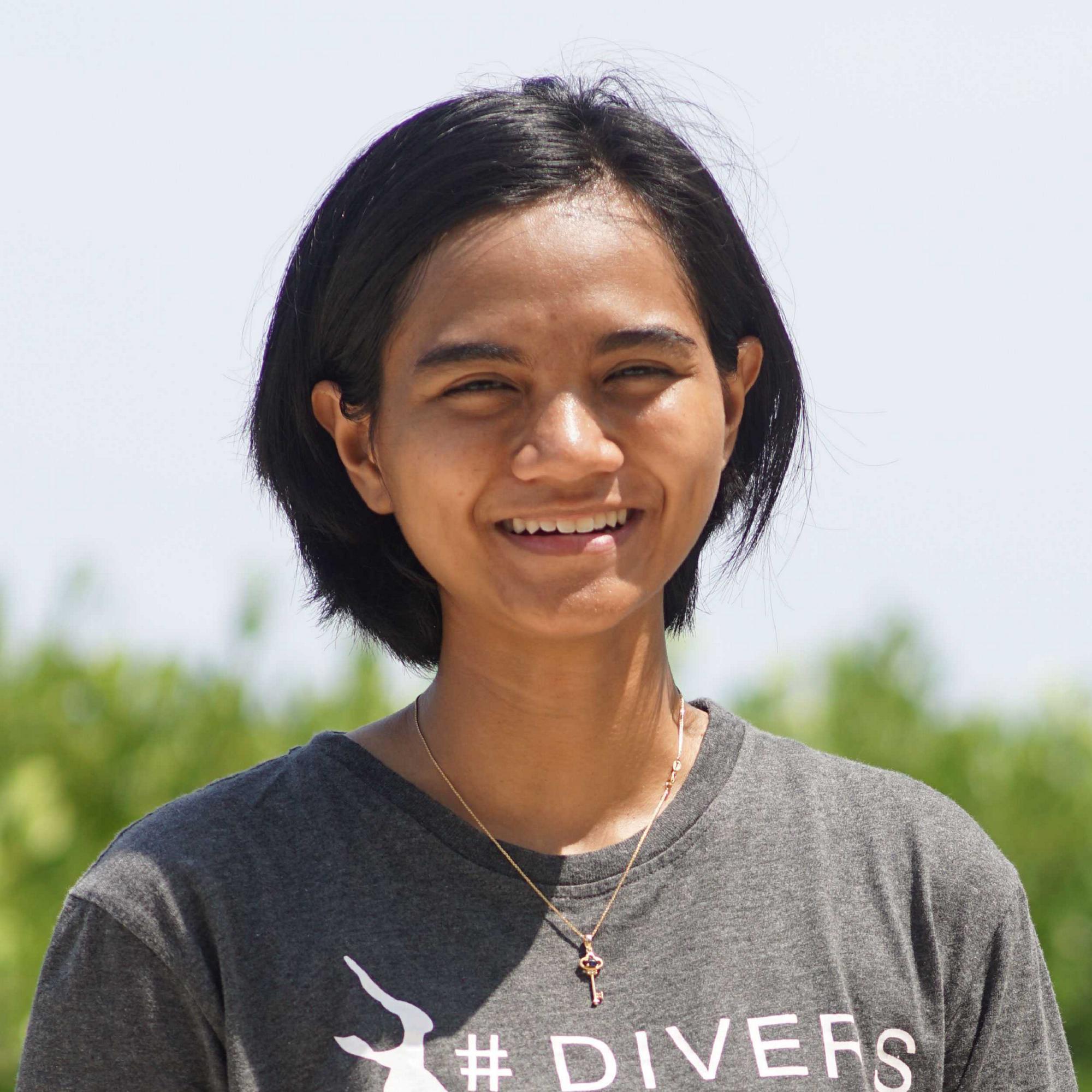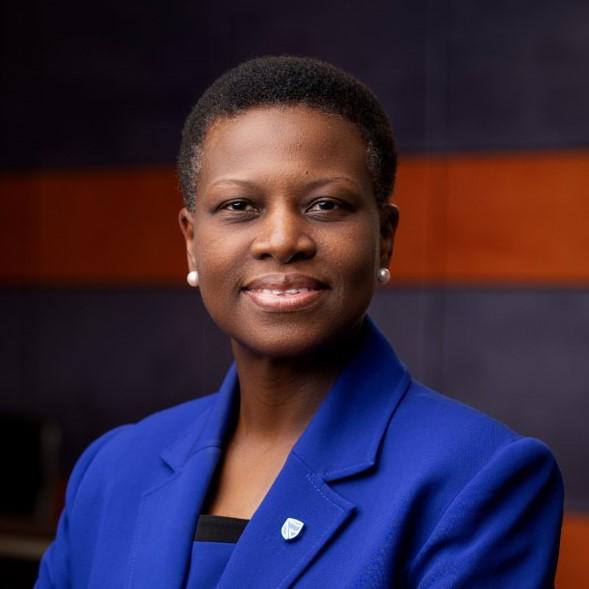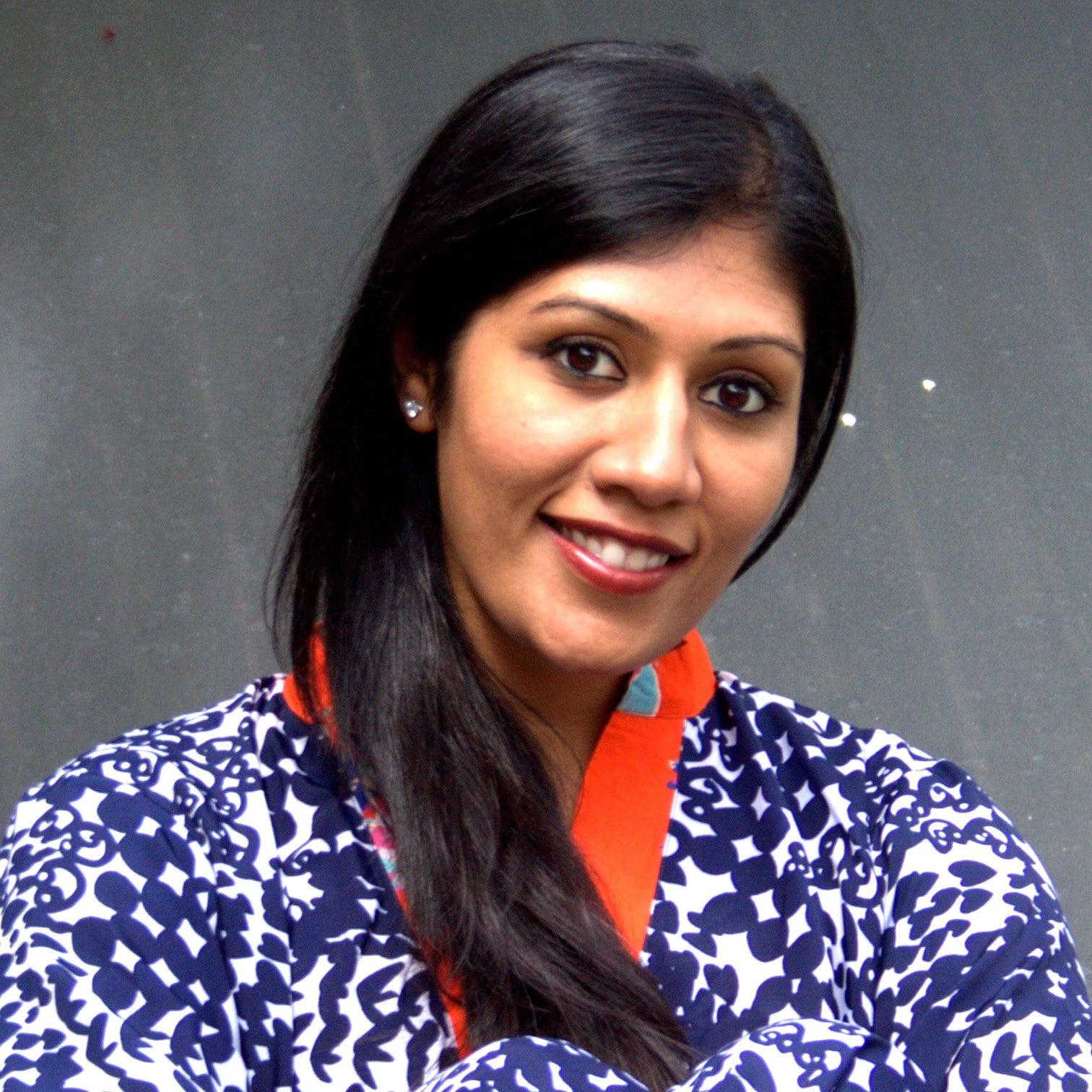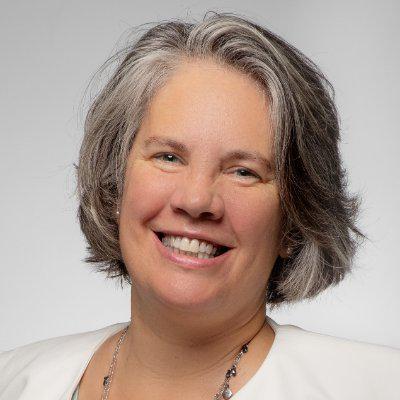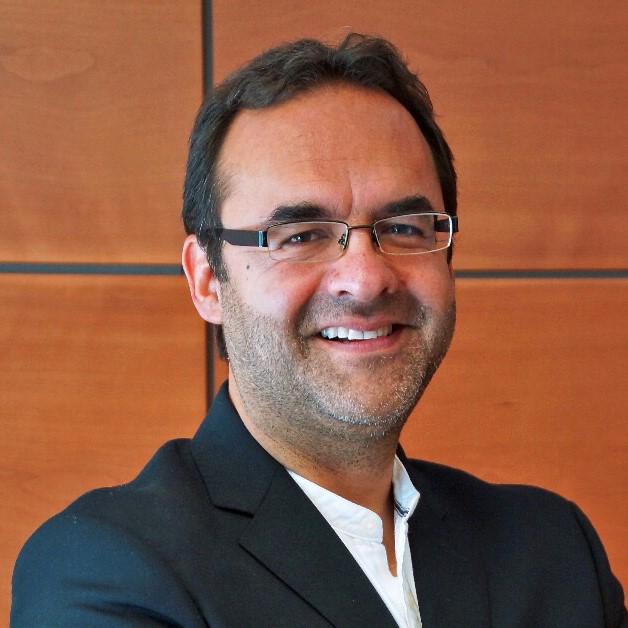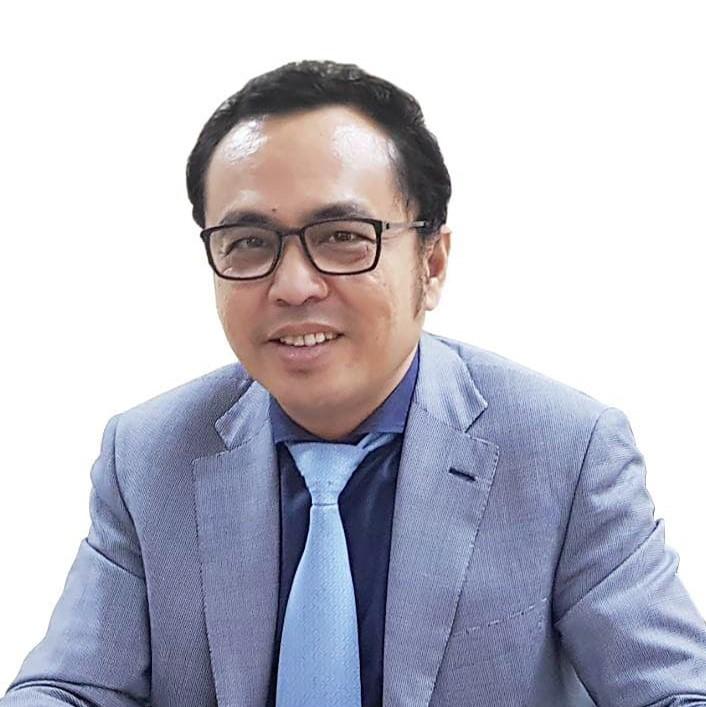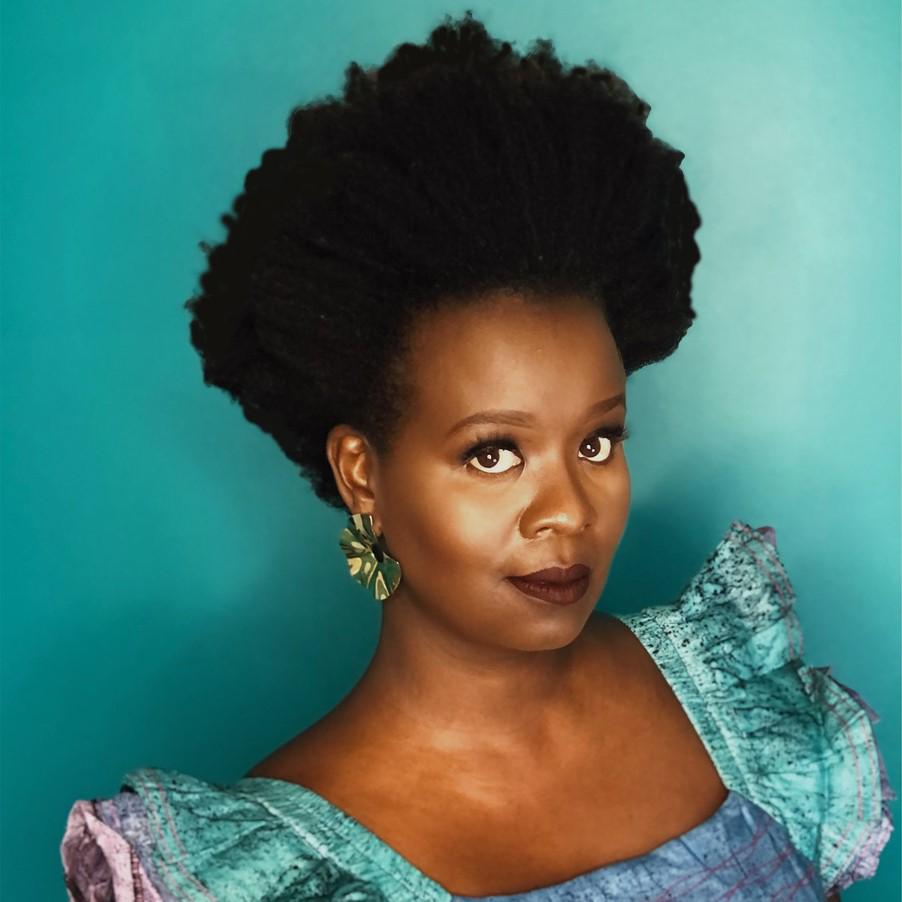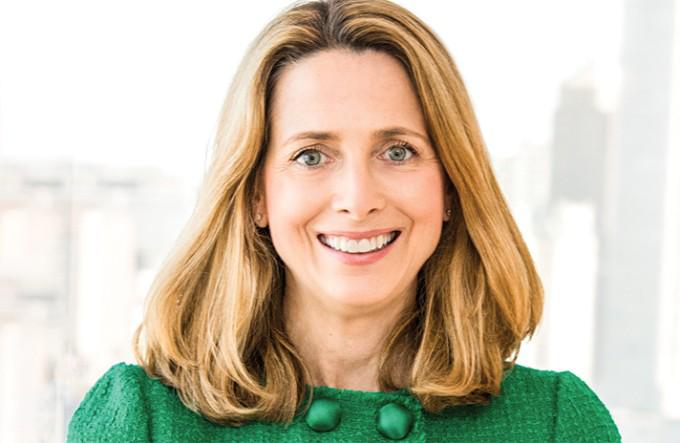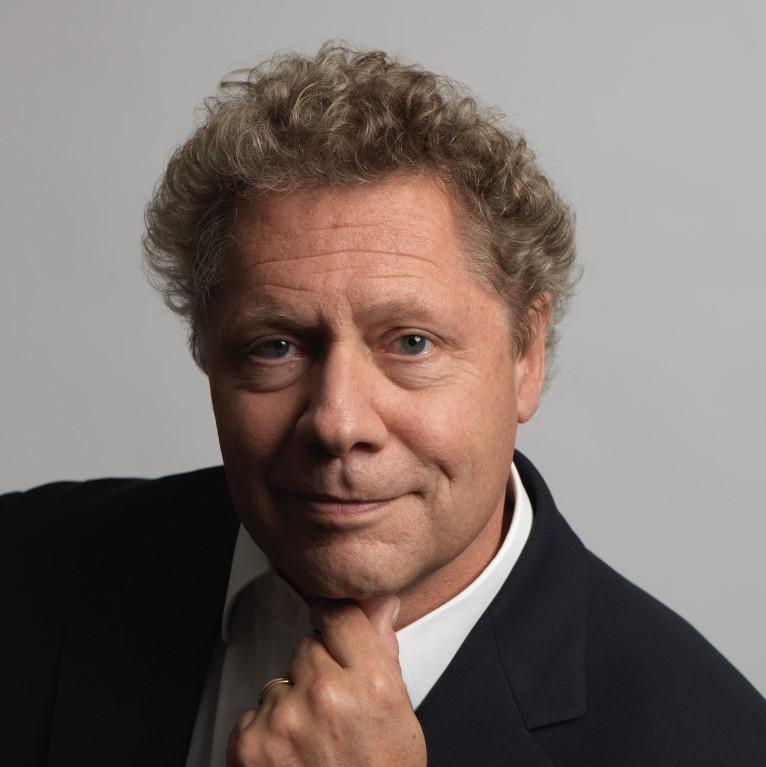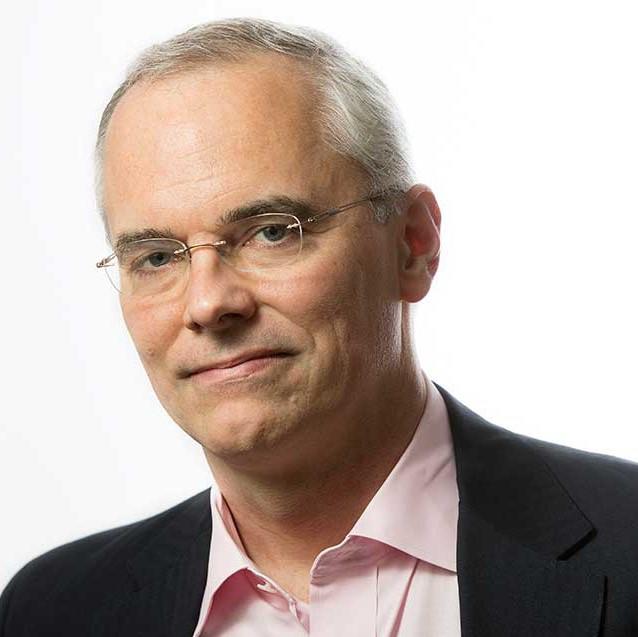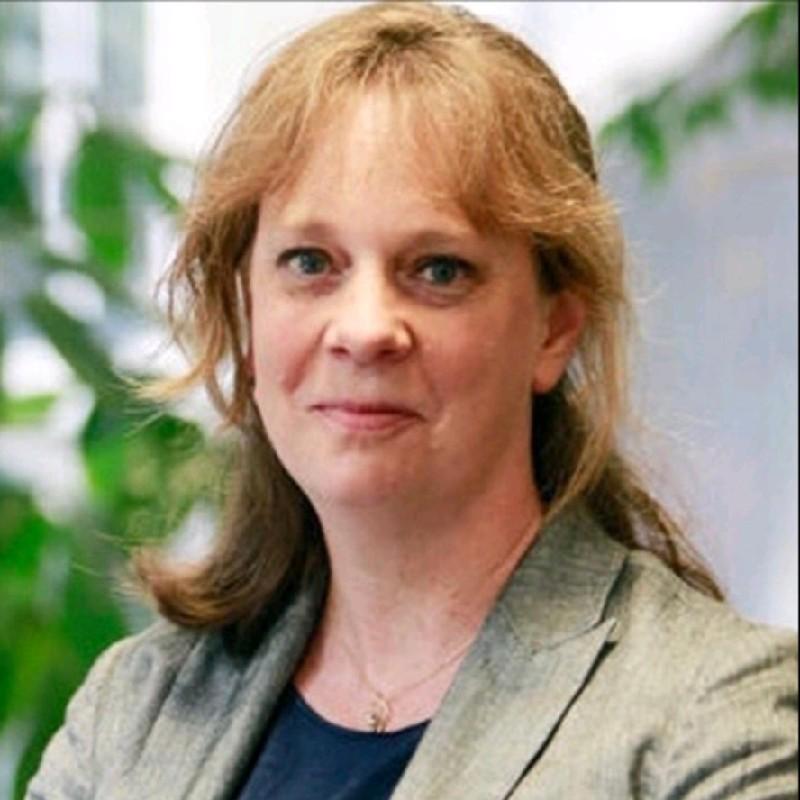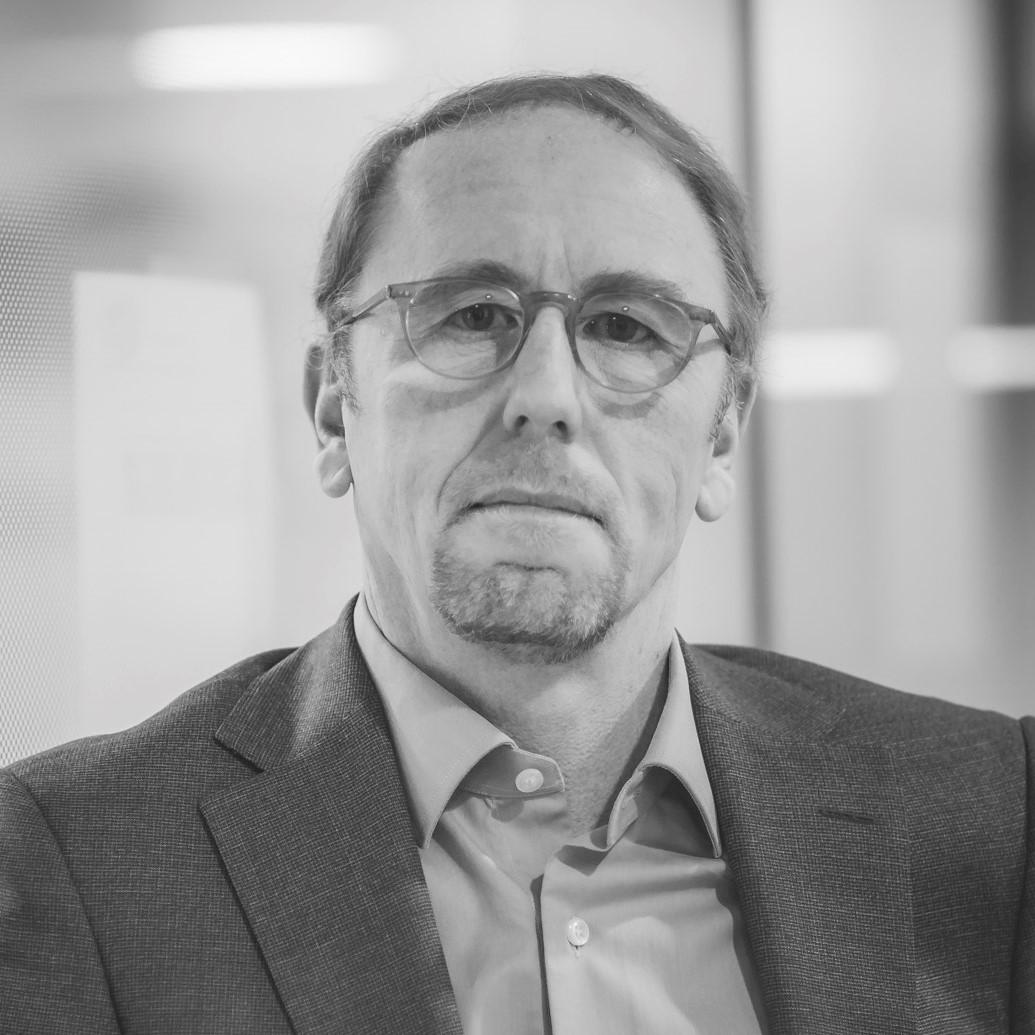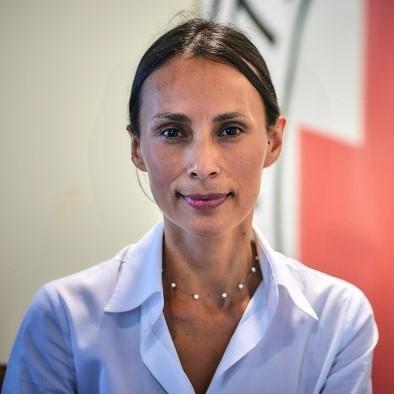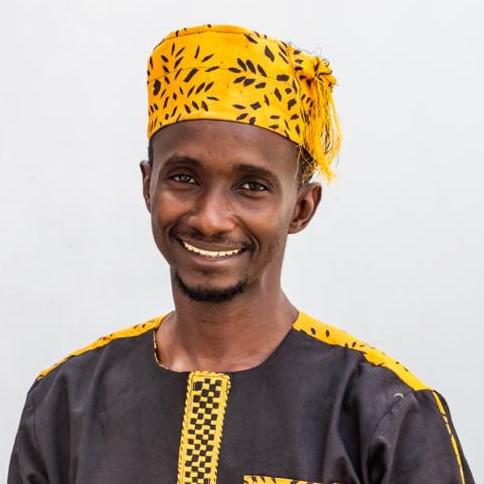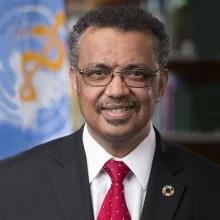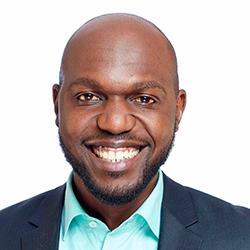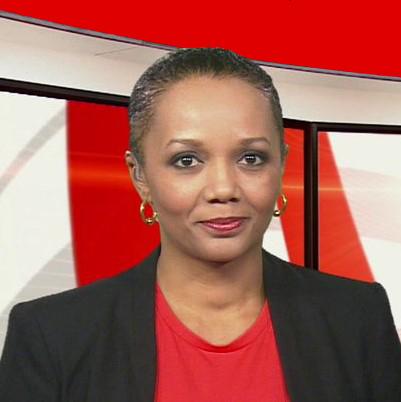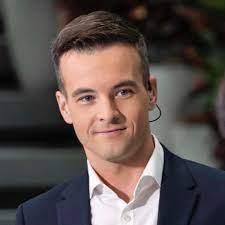
April 5-11, 2021 | #ResilientRecovery
2021 World Bank Group/IMF Spring Meetings
The 2021 World Bank Group/IMF Spring Meetings brought together the world’s top policymakers, academics, civil society leaders, business and youth to discuss issues of global concern.
This year's Spring Meetings events were held in a virtual format on April 5-11. All events and programs streamed on live.worldbank.org. Replays of sessions are available below.
Watch our virtual events with some of the biggest and brightest names in government, global development and thought leadership, who together with World Bank Group and IMF leadership and top experts, will discuss helping countries build a green and resilient recovery. (See the list of speakers)
Read more about the 2021 Spring Meetings or select an event below to watch the replay.
Watch the recap
Poll results
Watch The World Bank Group Public Events
Live Updates | See what we've been sharing as the events were happening.
The 2021 virtual Spring Meetings are just around the corner and we are gearing up to bring this year’s four flagship events to you, wherever you are in the world. Our newly redesigned World Bank Live platform launched earlier this week with the goal to showcase an increased attention to website navigation and engagement. Here’s a quick breakdown of what’s improved:
- Connect with our experts: Each event will have expert bloggers on hand to take your questions in English, French, Spanish, and Arabic, and there will be dubbing and captioning (for replay) of videos in those languages for non-English speaking audiences.
- Ask your questions: We’ve redesigned our polls to better encourage your engagement by way of our new upvoting tool, which will allow users to vote for the most popular question asked.
- Learn more: There is now a more dedicated resources section on each event page for you to learn more about the topics being discussed. Peruse, bookmark, and keep handy!
- Sign up for alerts: receive reminders about a specific event and/or receive notifications about all our upcoming events.
- Browse: On the top of each page, you’ll find a simplified menu to access all the events in the language of your choice. We’ve also kept in mind the fact that most of you are visiting our website on mobile, so we’ve made sure that the navigation is fully responsive to whatever device you are using.
We’re excited to bring you a much more engaging, innovative, and user-friendly platform, so bookmark our page and get ready as we take you virtually to the 2021 World Bank Group-IMF Virtual Spring Meetings.
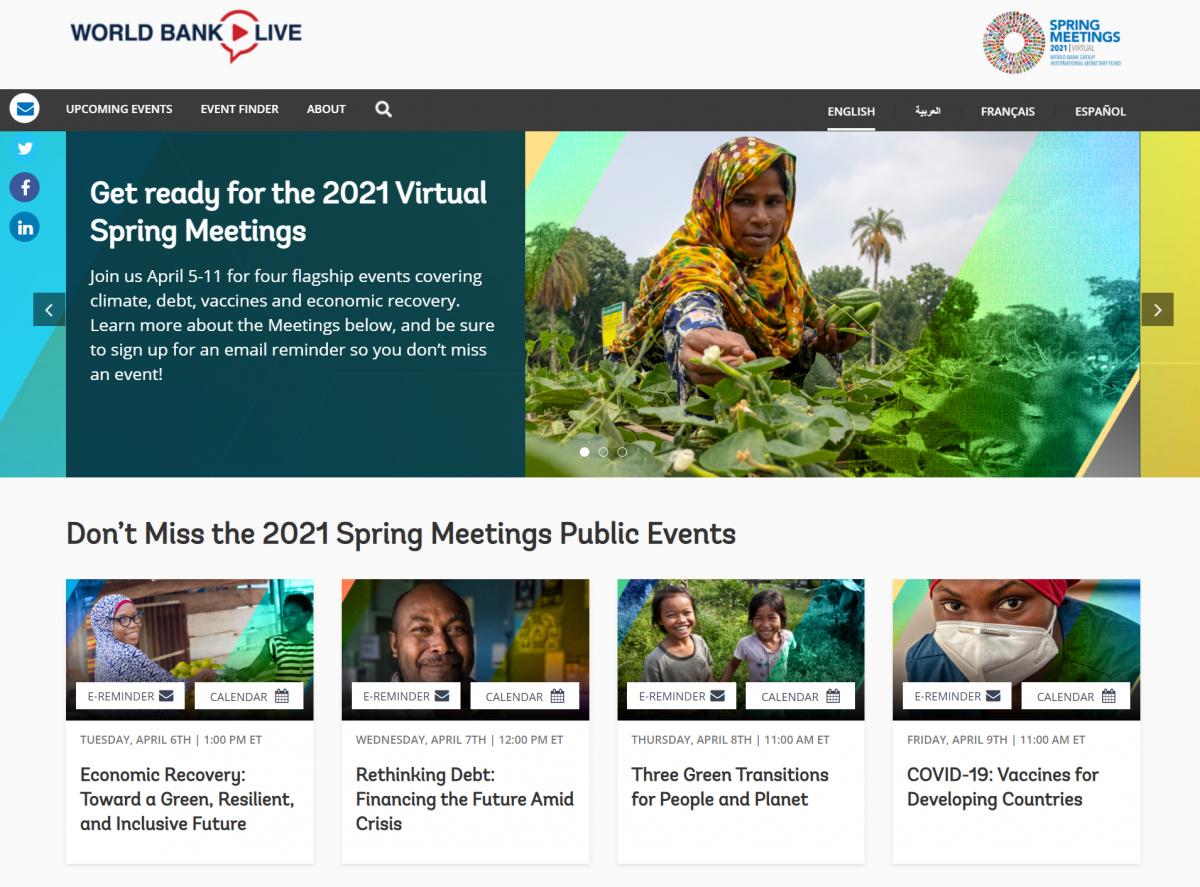
Tackling the COVID-19 Pandemic of Inequality to Build a Green, Inclusive, & Resilient Recovery
On March 29, join World Bank Group President David Malpass, ahead of the Spring Meetings, at the London School of Economics as he discusses what is needed to build a green, inclusive, and resilient recovery from the pandemic. The crisis has worsened inequality and disproportionately impacted the poorest and most vulnerable, particularly women and children.
In his conversation with Minouche Shafik, Director of the London School of Economics and Political Science, President Malpass will share his thoughts on accelerating a recovery that tackles growing inequalities and improves livelihoods.
12:00 PM ET: How do we build a green, inclusive, and resilient recovery from the pandemic?
Join World Bank Group President David Malpass, ahead of the Spring Meetings, at the London School of Economics as he discusses what is needed to build a green, inclusive, and resilient recovery from the pandemic. Watch this space as we post live updates from the event.
12:55 AM ET: Tackling the COVID-19 Pandemic of Inequality to Build a Green, Inclusive, & Resilient Recovery
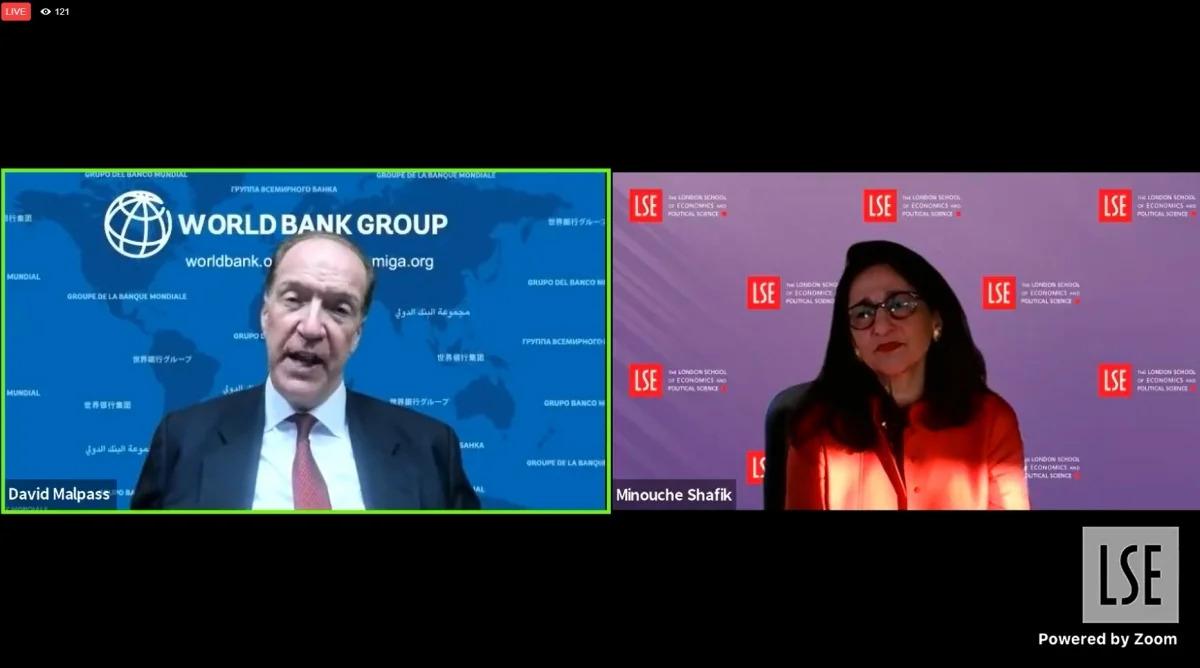
Watch Now: World Bank Group President David Malpass is discussing what is needed to build a green, inclusive, and resilient recovery from the pandemic.
Malpass: The World Bank Group is the biggest provider of climate finance to the developing world.
Malpass: In debt, as in so many areas, sunlight is truly the best remedy.
Malpass: [Inequality] extends…to the concentration in wealth, the unequal impact of the fiscal stimulus and asset purchases, and the imbalance in debtor-creditor relationships.
Malpass: Integrated, long-run strategies that emphasize green, resilient, and inclusive development will be key to a sustainable recovery.
4:00 PM ET: 'We have to help countries improve their readiness for future pandemics.'
World Bank Group President David Malpass called on the world to move urgently toward opportunities and solutions that achieve a green, resilient, and inclusive recovery from the COVID-19 pandemic in a speech today that advances the World Bank-IMF Spring Meetings.
“Our collective responses to poverty, climate change, and inequality will be the defining choices of our age.”
Mr. Malpass delivered the speech virtually at the London School of Economics; it was followed by a discussion with students, moderated by Baroness Minouche Shafik, Director of the London School of Economics.
Remarks by World Bank Group President David Malpass at the Human Capital Conclave
Thank you Mamta.
I’m pleased to be with all of you this morning to discuss the importance of “Investing in Human Capital for a Green, Resilient, and Inclusive Recovery” from the COVID crisis.
As Mamta briefly laid out, COVID-19’s impacts on human capital has been extensive in all countries of the world and unless these are addressed urgently, there is a risk that some damage will become permanent.
In opening this Conclave, I would like to highlight three important measures for your reflection:
- First, investing in people;
- Second, efficient expenditures and good governance; and
- Third, freed up fiscal space.
Let me start with investing in people: In the short run, countries should work to protect people who have suffered disproportionately during the pandemic. Priority areas include making sure that students, especially girls, can go back to school, that people with health issues other than COVID can access healthcare, that young children are properly nourished, and that people who lost jobs and income earning opportunities can get back on their feet. Continue Reading>>
Intergovernmental Group of Twenty Four (G24) at the 2021 Spring Meetings
9:10 AM ET: Today’s topic: Economic Recovery — Toward a Green, Resilient, and Inclusive Future
Today, our program will focus on economic recovery through three broad lenses:
Sustainability: How can we make this a green recovery and rebuild economic systems to better use resources and create a climate-friendly future?
Resilience and Innovation: How can firms reinvent themselves to create more jobs, and how can governments find new ways to transform the crisis into an opportunity for growth? How can youth avoid the risk of a “lost generation”?
Inclusion: How can policy makers ensure that everyone benefits from the recovery and inequality is not worsened? This includes attention to the ways the pandemic has disproportionately affected women and girls.
9:25 AM ET: Join the LIVE after-show chat
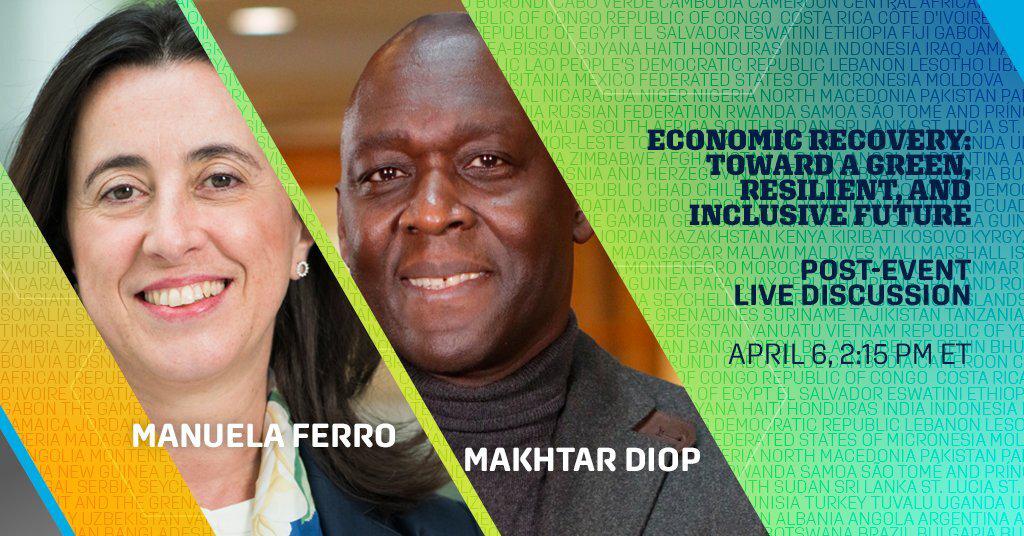
Don’t miss the LIVE after-show chat with Manuela Ferro, VP of Operations Policy and Country Services and Makhtar Diop, IFC's Managing Director. They will be answering your questions!
10:00 AM ET: Today’s Speakers
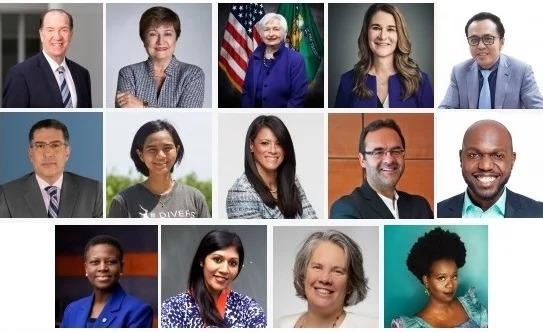
David R. Malpass | President, World Bank Group | @DavidMalpassWBG
Kristalina Georgieva | Managing Director, International Monetary Fund | @KGeorgieva
Janet Yellen | U.S. Secretary of the Treasury | @SecYellen
Karim El Aynaoui | President, Policy Center for the New South | @PolicyCenterNS
Swietenia Puspa Lestari | Co-Founder and Executive Director, Divers Clean Action | @diverscleanact
Rania Al-Mashat | Minister of International Cooperation, Arab Republic of Egypt | @RaniaAlMashat
Sola David-Borha | Chief Executive for Africa Regions, Standard Bank Group | @SolaDavidBorha
Ajaita Shah | Founder/CEO of Frontier Markets and the President of Frontier Innovations Foundation | Ajaita Shah
Lindsay Coates | BRAC Ultra-Poor Graduation Initiative, Managing Director | @lindsaycoates
Gonzalo Hernandez Licona | Director of the Multidimensional Poverty Peer Network | @GHLicona
Vongsey Vissoth | Cambodia’s Permanent Secretary of State
Melinda Gates | Co-chair of the Bill & Melinda Gates Foundation | @melindagates
Somi Kakoma | 2021 Grammy-nominated Vocalist, Composer, and Writer | @somimusic
10:15 AM ET: Resources to help you navigate today’s program ahead of time!
Stories & Blogs
Videos
News & Factsheets
The World Bank Group’s Response to the COVID-19 (coronavirus) Pandemic
How the World Bank Group is helping countries with COVID-19 (coronavirus)
12:50 PM ET: Get ready to tune in for our first event on economic recovery!
In just 10 minutes, we kick off our first flagship event, Economic Recovery: Toward a Green, Resilient, and Inclusive Future. This event will focus on economic recovery through three broad lenses: sustainability, resilience and innovation, and inclusion.
Make sure to tune in a little before 1pm ET for the start of our live show this week! We’ll be bringing you the four flagship events on economic recovery, debt, climate, and vaccines, and speaking with some expert guests along the way. You can also find ways to engage with us throughout the show and take polls, quizzes, and everything else our virtual, interactive Meetings have to offer.
Don’t miss it! It all starts in just under 10 minutes!
Economic Recovery: Full Conversation with David Malpass, Kristalina Georgieva, and Janet Yellen
2:00 PM ET: Starting in 15 minutes: Join the LIVE after-show chat
Join us as we speak to Makhtar Diop, Managing Director at the International Finance Corporation, and Manuela Ferro, the World Bank’s Vice President for Operations Policy and Country Services. They’ll be answering some of your online questions and it’s bound to be a great conversation.
With the live show, you’ll also get a good idea of what to expect for the rest of the week, and how you can continue to be a part of the conversation. And finally, don’t miss our spotlight on Egypt and Mozambique today. We’ll be giving you a look into what the World Bank has been doing in these two countries, especially in regard to recovering from COVID-19.
So sit back, relax, and enjoy the show!
2:30 PM ET: Take a trip to Egypt and Mozambique!
All this week, we’re shining a spotlight on individual countries, highlighting their unique challenges but also triumphs as they look to recover from COVID-19. This time around, our spotlights have a special focus for operational work and results in a climate change lens.
Today, Ayat Soliman, Regional Sustainable Development Director for MENA, and Hector Ang, Mozambique Country Manager, join us to tell us what the World Bank is doing in their respective countries. Tune in!
3:00 PM ET: We hope you enjoyed the live show!
We may be done with the first day and the first flagship event on economic recovery, but the conversation continues tomorrow on rethinking debt amongst the COVID-19 pandemic.
Join us again tomorrow ahead of the event starting at 12pm ET as we bring you more insightful discussions, interviews, and ways to engage with this year’s 2021 Spring Meetings.
3:10 PM ET: The Path to a Sustainable and Inclusive Recovery
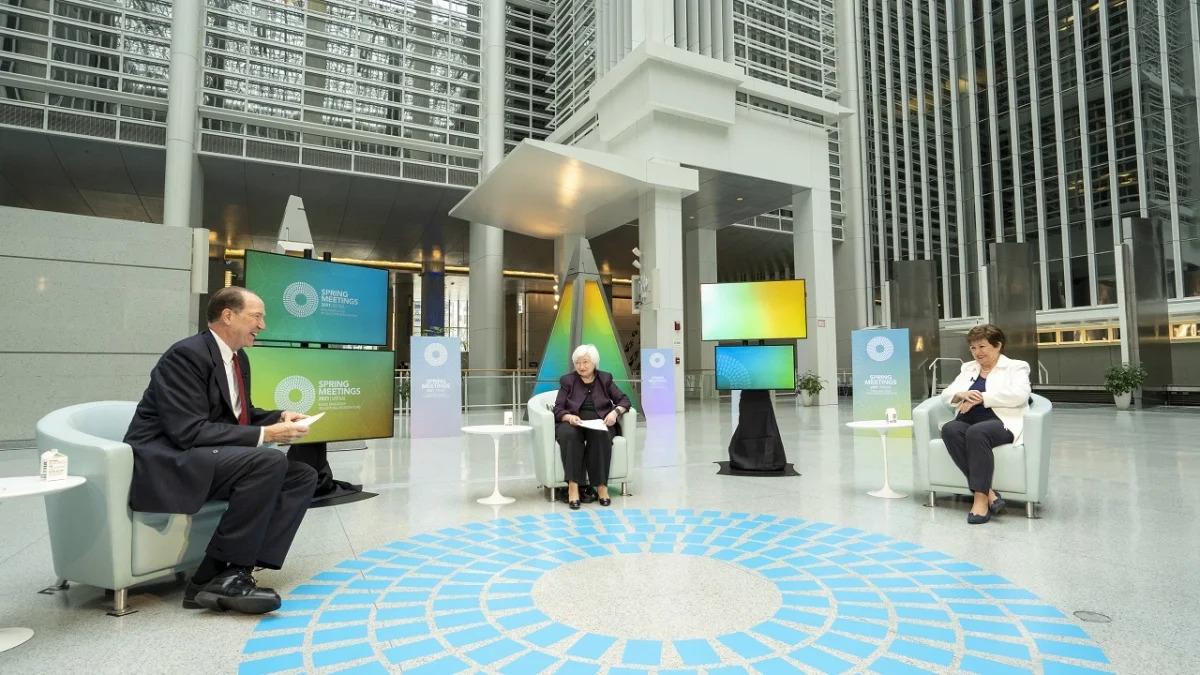
As countries rebuild their economies after COVID-19, it is fundamental that they see this as a unique opportunity to lay the foundation for a green, resilient, and inclusive future. These efforts were the theme of the event kicking off the Spring Meetings on Tuesday, Economic Recovery: Toward a Green, Resilient, and Inclusive Future.
World Bank Group President David Malpass outlined the major challenges facing the world, including COVID, climate change, rising poverty and inequality, and growing fragility and violence. U.S. Treasury Secretary Janet Yellen encouraged developed economies to continue to support a global recovery. She also highlighted the importance of helping developing countries meet their climate goals along with their development objectives, adding that the availability of green finance will be critical. IMF Managing Director Kristalina Georgieva was also part of the conversation with Malpass and Yellen, pointing out that climate risks are a growing threat to the world’s macroeconomic and financial stability.
Other speakers at the event, discussing themes of sustainability, innovation, and inclusion, were ministers from Cambodia and Egypt, youth, business owners, and civil society representatives. Melinda Gates issued a call to put women and girls at the center of the recovery, and Grammy-nominated singer Yomi ended the event with a song, “Changing Inspiration.”
10:00 AM ET: Welcome to the second day of our live program!
Today, we’ll take you to hear leaders from government, the private sector and civil society—as well as youth aspiring to finance their future from across the world—as they share their concerns and ideas on what can be done to resolve debt quickly and ensure a green, resilient and inclusive recovery.
Follow the conversation on Twitter: #Debt4Dev
10:30 AM ET: Social media roundup
11:30 AM ET: [LIVE NOW] 2021 Spring Meetings Opening Press Conference
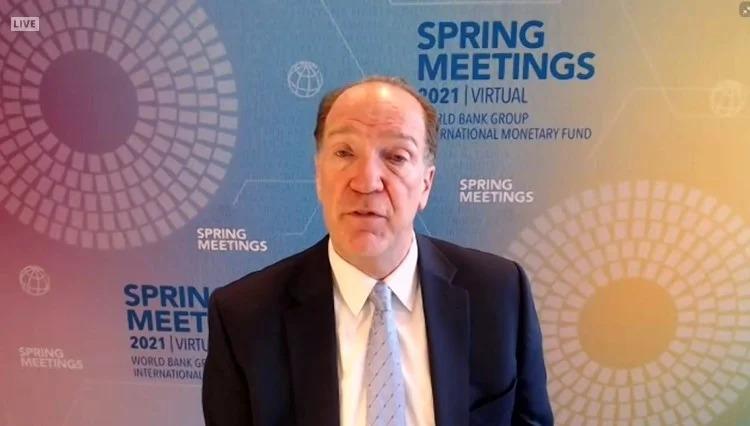
World Bank Group President David Malpass addresses the press during the World Bank Group/International Monetary Fund 2021 Virtual Spring Meetings. He will share his views on the key outcomes from the Development Committee, as well as the G20 discussions. He will also report on the World Bank Group's response to the global crisis caused by the COVID-19 pandemic.
12:00 PM ET: [LIVE NOW] Rethinking Debt: Financing the Future Amid Crisis
This event will explore perspectives on a new international financial architecture for debt, highlighting the consequences of inaction for poverty and development.
Be sure to tune in and ask your questions in the live chat for a chance to see them answered LIVE from our Atrium after the event!
Don’t forget to submit any questions you have on the live chat for our event on debt. We’ll be answering some of your questions live with expert guests after the show! Make sure you’re tuning in.
12:50 PM: Join the live show!
We hope you’re still tuned in to our second flagship event, Rethinking Debt: Financing the Future Amid Crisis, because we’ll be joined by World Bank Group President David Malpass in just a few minutes as he answers some of your online questions post-event! You don’t want to miss it.
We’ll also be taking you to India and Benin, where you can get an in-depth view into what the World Bank is doing in these two countries to help them resiliently recover from COVID-19.
We hope you enjoy the show!
1:08 PM ET: Let’s travel to India and Benin!
All this week, we’re shining a spotlight on individual countries, highlighting their unique challenges but also triumphs as they look to recover from COVID-19. This time around, our spotlights have a special focus for operational work and results in a climate change lens.
Continue watching our live show to see what India Country Director Junaid Ahmed and Benin Country Manager Atou Seck told us.
1:15 PM ET: How debt reduction can build an inclusive economy for the next generation
On April 7th, the World Bank invited several leading experts to explore perspectives on a new global financial architecture for debt. Speakers discussed lessons from past restructuring efforts, the private sector’s role, and the increased need for debt transparency.
Zainab Haruna of Nigeria began the conversation by explaining how government debt can affect the lives of everyday people. Angolan Finance Minister Vera Daves spoke with World Bank Group President David Malpass about how the economic fallout from COVID-19 has affected her country’s revenue and debt levels. Kevin Watkins, Chief Executive Officer of Save the Children, and K.Y. Amoako, President of the African Center for Economic Transformation, described how unsustainable debt can hold back the progress of countries, diverting resources that could otherwise be used to invest in health, education, and more. Citi’s Julie Monaco and World Bank Chief Economist Carmen Reinhart both referenced the debt crises of the 1980s and 1990s—and the lessons that this challenging era can offer.
Reducing unsustainable debt requires diverse solutions and a commitment to help countries focus on building a green, resilient, inclusive economy. If you missed the discussion, watch the replay, and tell us what you think in the comments or by using #Debt4Dev on Twitter.
1:40 PM ET: We hope you enjoyed the live show!
It’s been a busy couple of days, but the discussions keep going. Join us for another eventful day tomorrow as we talk about key green transitions for people and planet.
The event begins at 11 am ET and in the meantime, remember to engage with us online using #ResilientRecovery, and bookmark World Bank Live for a full schedule of events.
10:00 AM ET: Are you ready for our third event on climate?
At 11am ET, our third flagship event begins on Key Green Transitions: How Systems Are Changing for People and Planet. Panelists will discuss solutions sectors, highlight key priorities for COP26, and look at what it will take to shape a resilient recovery that works for people and planet.
Join us and ask your questions in the live chat for a chance to see them answered LIVE from our World Bank headquarters in Washington, DC after the event!
10:10 AM ET: Today's program speakers
David R. Malpass | President, World Bank Group | @DavidMalpassWBG
John Kerry | United States Special Presidential Envoy for Climate | @ClimateEnvoy
Sri Mulyani Indrawati | Minister of Finance, Indonesia
Shemara Wikramanayake| Chief Executive Officer, Macquarie Group | @Macquarie
Prince William | The Duke of Cambridge | @KensingtonRoyal
Malik Amin Aslam | Special Assistant to the Prime Minister on Climate Change, Pakistan | @aminattock
Damilola Ogunbiyi CEO of SEforALL and Special Representative of the UN Secretary General for Sustainable Energy for All | @DamilolaSDG7
Lucy Heintz | Partner and Energy Fund Manager, Actis | @ActisLLP
Claudia Dobles Camargo | First Lady of the Republic of Costa Rica | @ClaudiaDobles
Yasmine Fouad | Minister of Environment, Arabic Republic of Egypt | @EGY_Environment
Brian Arbogast | Director of Water, Sanitation, and Hygiene, Bill & Melinda Gates Foundation| @bearbogast
Gunhild Stordalen | Founder and Executive Chair, EAT | @G_stordalen
Sulton Rakhimzoda | Chairman of the Executive Committee of the International Fund for Saving Aral Sea (EC IFAS)
Agnes Kalibata | Special Envoy of the UN Secretary General for the 2021 Food Systems Summit | @Agnes_Kalibata
Alok Sharma | COP26 President | @AlokSharma_RDG
Rajiv Shah | President, The Rockefeller Foundation | @rajshah
Kitty van der Heijden | Director General for International Cooperation, Ministry of Foreign Affairs, Netherlands | @KittyvdHeijden
Yvonne Aki-Sawyerr | Mayor of Freetown, Sierra Leone | @yakisawyerr
Norbert Barthle | Parliamentary State Secretary, BMZ, Germany | @BMZ_Bund
Ahmed Badr | Founder of Narratio, Connect4Climate Youth Ambassador | @uBadr
Salina Abraham | Strategic Advisor at the Global Landscapes Forum, Connect4Climate Youth Ambassador | @salina_abrah
11:25 AM: ET Changing Course on Climate: The Green Transitions Needed for People and Planet
Everyone should be able to live a sustainable life on a healthy planet. But the last six years have been the hottest on record. Record-breaking wildfires, droughts, floods and hurricanes have taken lives, damaged homes, hospitals and businesses. Meanwhile, COVID-19 took a heavy health and economic toll and pushed millions into extreme poverty.
How can we change course?
As countries renew their commitments to the Paris Agreement ahead of a pivotal November meeting in Glasgow, keeping global temperature rise to well below 2°C will require coordinated global action at an unprecedented scale and speed.
“The science is coming back at us stronger, harder, bigger, faster, and it's telling us that we are running out of time,” said John Kerry, US Special Presidential Envoy for Climate Change, at an April 8 virtual event during the World Bank Group-IMF Spring Meetings.
11:30 AM ET: Decarbonizing key sectors
The event, Key Green Transitions: How Systems Are Changing for People and Planet centered on the need to decarbonize key sectors of the economy that account for more than 90% of global greenhouse gas (GHG) emissions, including energy, transport and food systems.
The event brought together ministers, CEOs, young leaders and civil society representatives to discuss solutions and the priorities for the 2021 United Nations Climate Change Conference (COP26) in November.
Solutions are most urgently needed in developing countries, where the investment gap is deepest and people are most disproportionately affected by the climate crisis.
“To deliver impact, the [World Bank Group] will prioritize transitions and key systems, use its convening power to support a just transition out of coal, and … become aligned with the principles and goals of the Paris Agreement,” said World Bank Group President David Malpass.
Already the largest multilateral provider of climate finance for developing countries, the Bank Group will increase climate finance to 35% of overall financing under a new Climate Change Action Plan.
11:40 AM ET: What does a green, resilient and inclusive future look like?
11:45 AM ET: How we are supporting countries with the energy transition
12:10 PM ET: Join the live show!
We hope you’re still tuned in to our third flagship event, Key Green Transitions: How Systems Are Changing for People and Planet, because today, we’ll be joined by Mari Pangestu, World Bank Managing Director of Development Policy and Partnerships, and Stephanie von Friedeburg, the first Senior Vice President of Operations at the International Finance Corporation.
We’ll also be taking you to Argentina and Turkey, where you can get an in-depth view into what the World Bank is doing in these two countries to help them resiliently recover from COVID-19.
We hope you enjoy the show!
12:35 PM ET: Green and inclusive recoveries
Supporting countries to prepare for and invest in low-carbon, resilient development can be part of, and aid in, a green and inclusive recovery from the COVID-19 pandemic.
“Climate change is upon us and we are going to have to make our food supply chains, our infrastructure, our transportation more resilient, which will require investment,” said Shemara Wikramanayake, CEO of the Macquarie Group.
Pakistan set targets of 60% clean energy and 30% electric vehicles by 2030. “We are moving towards a clean energy future for Pakistan,” said Malik Amin Aslam, Special Assistant to the Prime Minister on Climate Change.
Egypt has worked to mainstream climate change, reduce fossil fuel subsidies, develop mass transit, and reduce air pollution: “50% of our projects in the next three years will be green projects taking climate impacts into consideration,” said Yasmine Fouad, Minister of Environment.
Costa Rica is investing in transportation improvements, including non-motorized infrastructure to encourage walking and cycling, and greening and electrifying public transport. “Costa Ricans have a special sensitivity toward nature and to tackle the urban agenda was the next step,” said First Lady Claudia Dobles Camargo.
However, many countries are facing fiscal constraints in the wake of the pandemic.
“What I have observed as a finance minister is, first, how are you going to design the transition from business as usual to significantly reduce CO2 emissions for a country, and how are you going to design the recovery of the economy, while at the same time strengthening this commitment to the climate change agreement?” said Indonesia’s Finance Minister Sri Mulyani Indrawati.
Lucy Heintz, Partner and Energy Fund Manager, Actis, said the private sector can play a critical role in low-carbon transitions. “The pandemic has severely impacted government finances and growth. The good news is that the private sector has the appetite to invest and contribute, and actually all the tools for the energy transition investment are available.”
These tools include innovation. “Advances in technology -- batteries, solar, artificial intelligence -- now make it possible to end energy poverty within the next decade,” said Rockefeller Foundation President Rajiv Shah.
“Energy access has to be part of the energy transition story,” said Damilola Ogunbiyi, CEO of Sustainable Energy for All.
Likewise, all people need access to sanitation. “We're focused on determining what it takes to deliver what we call citywide inclusive sanitation,” said Brian Arbogast, Director of Water, Sanitation, and Hygiene, Bill & Melinda Gates Foundation. “And what inclusive really focuses on is making sure that even the poorest communities in the city are reached with high quality services.”
And, with 4 billion people living in frequently water-stressed regions, a shift toward more sustainable land use is a priority to boost food security and protect natural resources.
“We have only 9 years to achieve systemic change to make sure that food and food production become not a part of the problem but of the solution,” said Kitty van der Heijden, Director General for International Cooperation, Ministry of Foreign Affairs, Netherlands.
““It is expected that climate stressors will further increase agricultural and environmental losses in Central Asia if coordinated actions are not taken,” said Sulton Rakhimzoda, Chairman of the Executive Committee of the International Fund for Saving the Aral Sea. “Improving Water Resources Management at the national and regional levels is key to address this challenge.”
“We now have the science to show that we can make healthy and sustainably produced food both affordable and accessible. And we can do that for everybody on the planet,” said Gunhild Stordalen, Founder and Executive Chair, EAT.
With climate change and biodiversity loss threatening nature's capacity to sustain healthy life and nutritious diets, nature is a top theme of global conversations in 2021.
“COP26 is a vital step on the path to putting nature at center stage in our fight against climate change,” said the UK’s Prince William in a video message. “The decisions that leaders take in Glasgow will echo down the generations for years to come. So let’s make it count.”
12:49 PM ET: Take a trip to Argentina and Turkey!
All this week, we’re shining a spotlight on individual countries, highlighting their unique challenges but also triumphs as they look to recover from COVID-19. This time around, our spotlights have a special focus for operational work and results in a climate change lens.
Watch our live show to see what Argentina’s Country Director Jordan Schwartz and Turkey’s Country Director Auguste Kouame shared with us.
9:35 AM ET: Gear up for our last event on COVID-19 vaccines
At 11am ET, our fourth and final flagship event begins on COVID-19: Vaccines for Developing Countries. The event will explore the work underway in developing countries to prepare for large scale vaccine rollouts, the private sector’s essential role in driving innovation, production and manufacturing, and the opportunities and challenges ahead.
It’s a timely discussion of a very timely topic, and we hope you’ll join us live for the event. Make sure you pose your questions and comments in the live chat, and follow along #Vaccines4All.
Message of His Holiness Pope Francis to the World Bank Group and International Monetary Fund
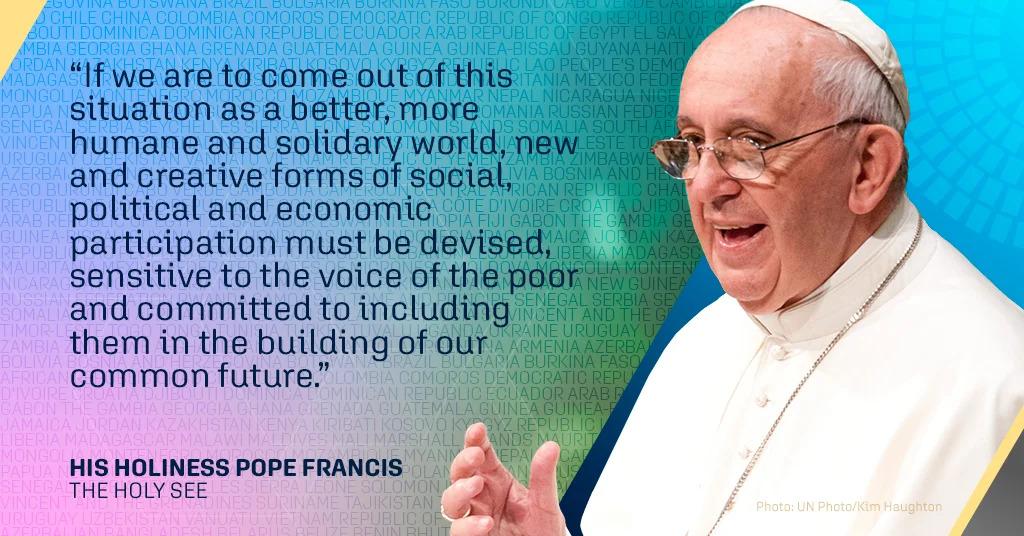
I am grateful for the kind invitation to address the participants in the World Bank Group and International Monetary Fund 2021 Spring Meetings by means of this letter, which I have entrusted to Cardinal Peter Turkson, Prefect of the Holy See’s Dicastery for Promoting Integral Human Development.
In this past year, as a result of the Covid-19 pandemic, our world has been forced to confront a series of grave and interrelated socio-economic, ecological, and political crises. It is my hope that your discussions will contribute to a model of “recovery” capable of generating new, more inclusive and sustainable solutions to support the real economy, assisting individuals and communities to achieve their deepest aspirations and the universal common good. The notion of recovery cannot be content to a return to an unequal and unsustainable model of economic and social life, where a tiny minority of the world’s population owns half of its wealth.
For all our deeply-held convictions that all men and women are created equal, many of our brothers and sisters in the human family, especially those at the margins of society, are effectively excluded from the financial world. The pandemic, however, has reminded us once again that no one is saved alone. If we are to come out of this situation as a better, more humane and solidary world, new and creative forms of social, political and economic participation must be devised, sensitive to the voice of the poor and committed to including them in the building of our common future (cf. Fratelli Tutti, 169). As experts in finance and economics, you know well that trust, born of the interconnectedness between people, is the cornerstone of all relationships, including financial relationships. Those relationships can only be built up through the development of a “culture of encounter” in which every voice can be heard and all can thrive, finding points of contact, building bridges, and envisioning long-term inclusive projects (cf. ibid., 216).
While many countries are now consolidating individual recovery plans, there remains an urgent need for a global plan that can create new or regenerate existing institutions, particularly those of global governance, and help to build a new network of international relations for advancing the integral human development of all peoples. This necessarily means giving poorer and less developed nations an effective share in decision-making and facilitating access to the international market. A spirit of global solidarity also demands at the least a significant reduction in the debt burden of the poorest nations, which has been exacerbated by the pandemic. Relieving the burden of debt of so many countries and communities today, is a profoundly human gesture that can help people to develop, to have access to vaccines, health, education and jobs.
Nor can we overlook another kind of debt: the “ecological debt” that exists especially between the global north and south. We are, in fact, in debt to nature itself, as well as the people and countries affected by human-induced ecological degradation and biodiversity loss. In this regard, I believe that the financial industry, which is distinguished by its great creativity, will prove capable of developing agile mechanisms for calculating this ecological debt, so that developed countries can pay it, not only by significantly limiting their consumption of non-renewable energy or by assisting poorer countries to enact policies and programmes of sustainable development, but also by covering the costs of the innovation required for that purpose (cf. Laudato Si’, 51-52).
Central to a just and integrated development is a profound appreciation of the essential objective and end of all economic life, namely the universal common good. It follows that public money may never be disjoined from the public good, and financial markets should be underpinned by laws and regulations aimed at ensuring that they truly work for the common good. A commitment to economic, financial and social solidarity thus entails much more than engaging in sporadic acts of generosity. “It means thinking and acting in terms of community. It means that the lives of all are prior to the appropriation of goods by a few. It also means combatting the structural causes of poverty, inequality, the lack of work, land and housing, the denial of social and labour rights… Solidarity, understood in its most profound meaning, is a way of making history” (Fratelli Tutti, 116).
It is time to acknowledge that markets - particularly the financial ones - do not govern themselves. Markets need to be underpinned by laws and regulations that ensure they work for the common good, guaranteeing that finance - rather than being merely speculative or self-financing- works for the societal goals so much needed during the present global healthcare emergency.
In this regard, we especially need a justly financed vaccine solidarity, for we cannot allow the law of the marketplace to take precedence over the law of love and the health of all. Here, I reiterate my call to government leaders, businesses and international organizations to work together in providing vaccines for all, especially for the most vulnerable and needy (cf. Urbi et Orbi Message, Christmas Day 2020).
It is my hope that in these days your formal deliberations and your personal encounters will bear much fruit for the discernment of wise solutions for a more inclusive and sustainable future. A future where finance is at the service of the common good, where the vulnerable and the marginalized are placed at the centre, and where the earth, our common home, is well cared for.
In offering my prayerful best wishes for the fruitfulness of the meetings, I invoke upon all taking part God’s blessings of wisdom and understanding, good counsel, strength and peace.
From the Vatican, 4 April 2021
S.A., 4 aprile 2021
View original correspondence (pdf)
12:30 PM ET: Take a trip to the Philippines and Madagascar!
All this week, we’re shining a spotlight on individual countries, highlighting their unique challenges but also triumphs as they look to recover from COVID-19. This time around, our spotlights have a special focus for operational work and results in a climate change lens.
For our final trip around the world, Philippines Country Director Ndiame Diop and Country Manager Marie-Chantal Uwanyiligira will soon take stage to tell us the latest challenges and opportunities their countries are facing. Tune in!
1:20 PM ET: Vaccines: Key to a resilient recovery
The rollout of COVID-19 vaccines in developing countries is critical to protecting lives, building human capital, and stimulating economic recovery. The current crisis is exacerbating inequalities throughout the world and, without access to vaccines, the gap will widen further.
This event begins with voices of youth from around the world reflecting on the impact of the pandemic and their hopes for a speedy recovery with a return to school, friends, and family.
World Bank Group President David Malpass then describes what vaccines mean for the world, what needs to be done to accelerate production and ensure safe and effective distribution to developing countries, and the importance of collaboration amongst all stakeholders for a sustainable and inclusive recovery.
A high-level panel featuring Dr. Tedros Adhanom Ghebreyesus, Director-General, World Health Organization, Henrietta Fore, Executive Director, UNICEF, and Axel van Trotsenburg, Managing Director, World Bank explores the need for global solidarity in the battle against the pandemic and the work currently underway with developing countries to prepare for vaccine rollouts.
Gwen Hines, Executive Director of Global Programs, Save the Children International makes the case for the fair and equitable distribution of vaccines to all vulnerable people, wherever they live. Dr. Esperanza Martinez, Head of COVID-19 Crisis Team at ICRC, calls for us to focus on our shared humanity as we strive for vaccinations for all. In an interview with Dr. Seth Berkley, CEO, GAVI, we learn how COVAX was set up to help low- and middle-income countries access vaccines.
Frontline health workers from around the world share the challenges and their hopes for a successful vaccination program in their country, reflecting on what it will mean for them and their patients.
The important role the private sector is playing in driving innovation, production, and manufacturing to meet the enormous needs for vaccines, tests, and therapeutics is discussed with Jérôme Thill, Deputy CEO, Cerba Healthcare and Makhtar Diop, Managing Director, IFC.
In the final panel, we look to the future. In a discussion on the lessons from the pandemic that might help improve resilience and help countries better prepare for future shocks, Mari Pangestu, Managing Director, World Bank is joined by Ngozi Okonjo-Iweala, Head, World Trade Organization, Richard Hatchett, CEO, Center for Epidemic Preparedness Innovations, and Gro Harlem Brundtland, Co-Chair, Global Preparedness Monitoring Board.


